Shows
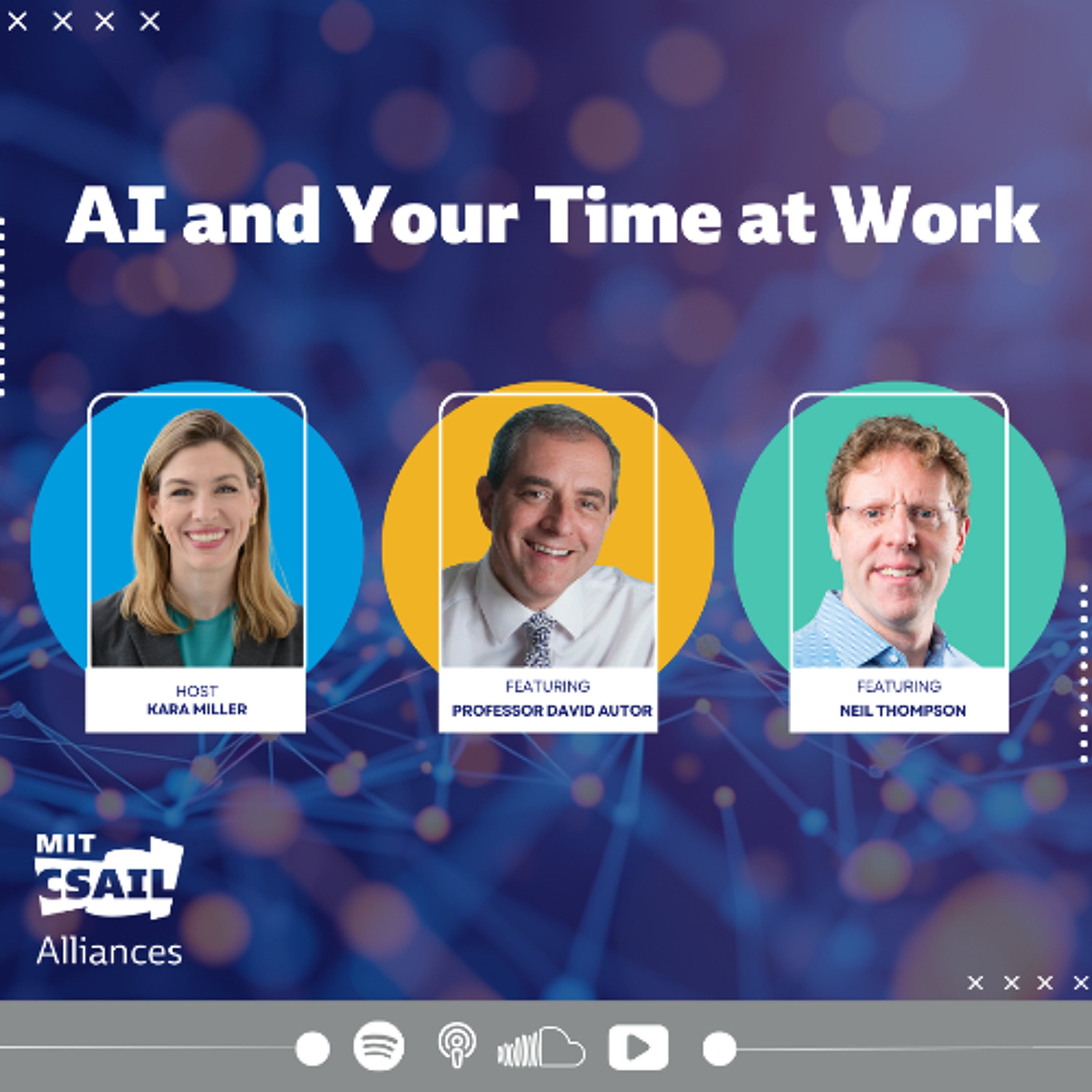
CSAIL Alliances PodcastsAI and Our Time at Work: Featuring MIT Neil Thompson and David AutorWhat does AI really mean for jobs, productivity, and the future of work?
Recorded with a live audience at the MIT Museum!
In this special live taping of the CSAIL Alliances Podcast, host Kara Miller explores big questions on AI and the future of work with two MIT researchers leading research on technology and labor—David Autor, MIT economist and coauthor of The Work of the Future, and Neil Thompson, Director of MIT FutureTech.
Together, they unpack what the evidence actually says about AI and work—cutting through hype, fear, and speculation. The conversation explores how AI is reshaping tasks (not...
2026-01-0548 min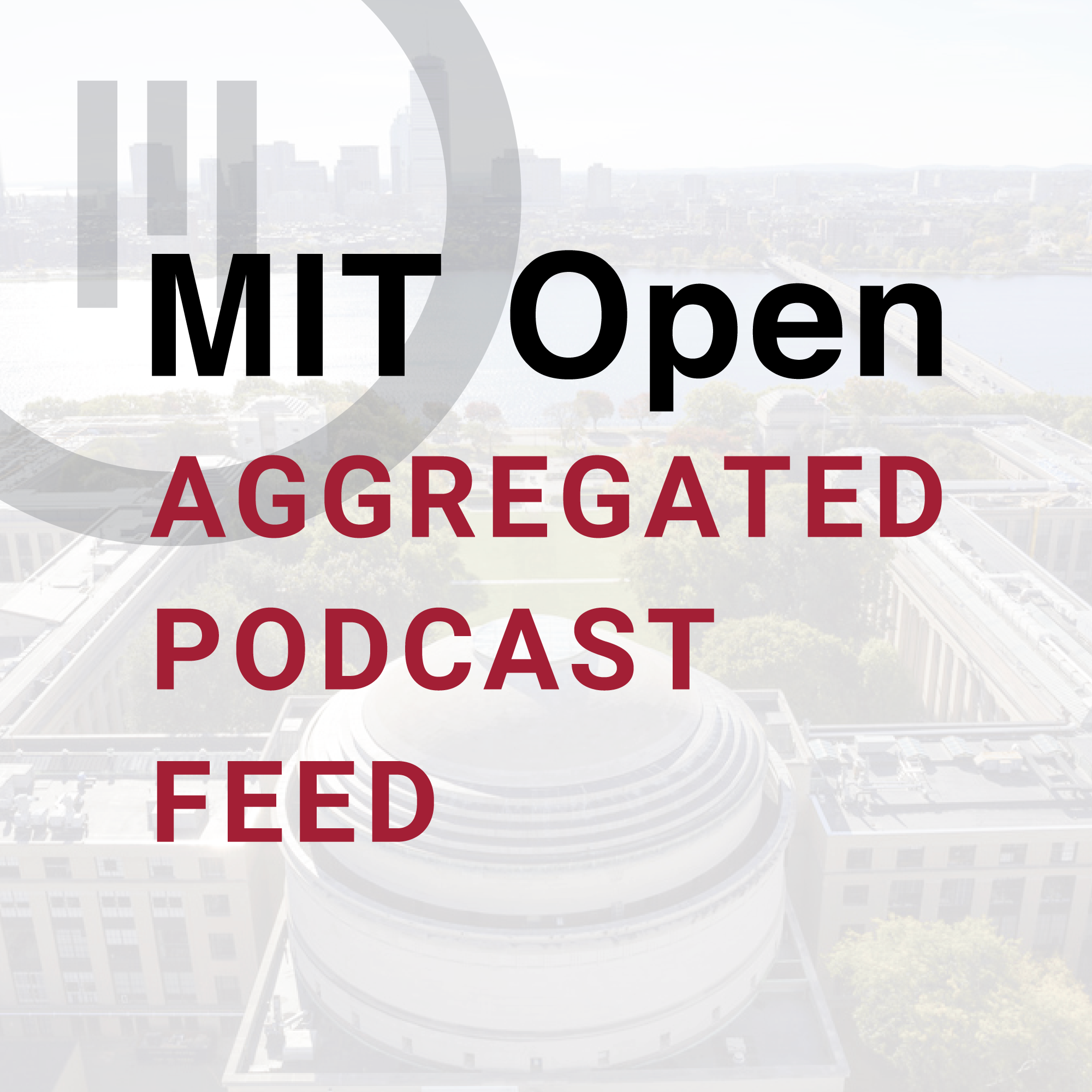
MIT Open Aggregated Podcast FeedAI and Our Time at Work: Featuring MIT Neil Thompson and David AutorWhat does AI really mean for jobs, productivity, and the future of work?
Recorded with a live audience at the MIT Museum!
In this special live taping of the CSAIL Alliances Podcast, host Kara Miller explores big questions on AI and the future of work with two MIT researchers leading research on technology and labor—David Autor, MIT economist and coauthor of The Work of the Future, and Neil Thompson, Director of MIT FutureTech.
Together, they unpack what the evidence actually says about AI and work—cutting through hype, fear, and speculation. The conversation explores how AI is reshaping tasks (not...
2026-01-0500 min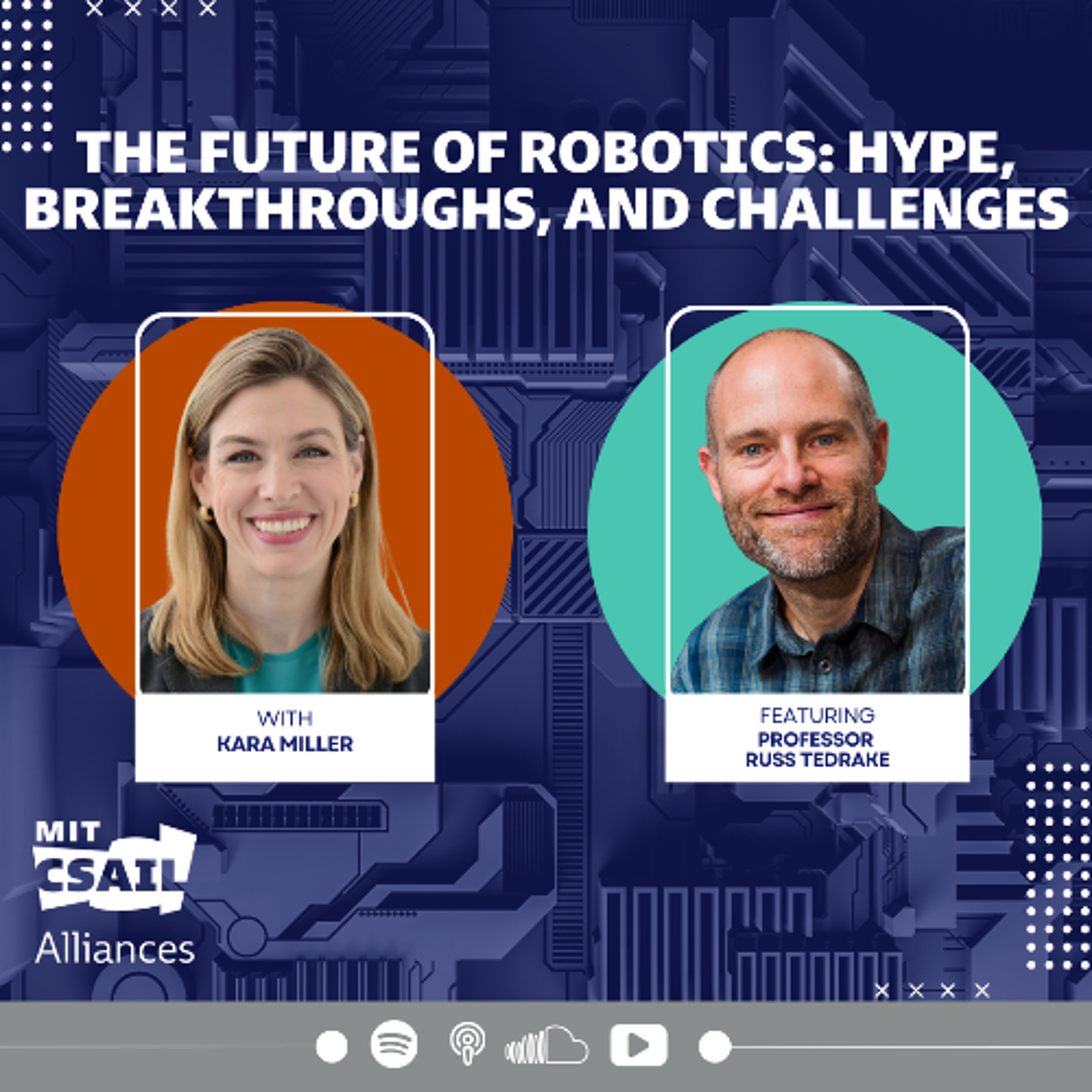
CSAIL Alliances PodcastsThe Future of Robotics: Hype, Breakthroughs, and Challenges with Professor Russ TedrakeHost Kara Miller sits down with MIT Professor Russ Tedrake, a leading researcher in robotics and AI at CSAIL to explore the rapidly accelerating world of humanoid and intelligent robots.
Tedrake takes us behind the scenes of the robotics revolution—from the cultural resistance and skepticism, to the moment everything shifted. Today, major tech leaders are declaring humanoid robots “the biggest product in human history.” But is that true? Is it hype, or are we on the edge of a real technological turning point?
Topics Include:
01:00 - The Ramp Up of Robots
03:00 - Where Will We See Robots?
07:44 - Will Robots...
2025-12-0138 min
MIT Open Aggregated Podcast FeedThe Future of Robotics: Hype, Breakthroughs, and Challenges with Professor Russ TedrakeHost Kara Miller sits down with MIT Professor Russ Tedrake, a leading researcher in robotics and AI at CSAIL to explore the rapidly accelerating world of humanoid and intelligent robots.
Tedrake takes us behind the scenes of the robotics revolution—from the cultural resistance and skepticism, to the moment everything shifted. Today, major tech leaders are declaring humanoid robots “the biggest product in human history.” But is that true? Is it hype, or are we on the edge of a real technological turning point?
Topics Include:
01:00 - The Ramp Up of Robots
03:00 - Where Will We See Robots?
07:44 - Will Robots...
2025-12-0100 min
Delta PodcastEp. 40: Alex Zhang, Recursive Language Model Creator and MIT CSAIL PhD StudentAlex Zhang is a 1st-year PhD student at MIT CSAIL and the creator of the recursive language model.Delta Institute (deltainstitutes.org) is the most talent-dense community of engineers and researchers in the world. They’ve hosted events across the Bay Area, including both Stanford and Berkeley. Past event co-hosts include partners at Sequoia and Andreessen Horowitz, and one of the first ten employees at Cursor. Delta Institute also hosts the Delta Podcast, a series of video interviews with top researchers/engineers in order to help share their experiences and reach a broader international audience.
2025-11-2852 min
Delta PodcastEp. 36: Dylan Hadfield-Menell, MIT CSAIL ProfessorDylan Hadfield-Menell is an assistant professor at MIT CSAIL, where he works on research in alignment, Before coming to MIT, he got his PhD at Berkeley, where he was advised by Stuart Russell, Anca Dragan, and Pieter Abbeel.Delta Institute (deltainstitutes.org) is the most talent-dense community of engineers and researchers in the world. They’ve hosted events across the Bay Area, including both Stanford and Berkeley. Past event co-hosts include partners at Sequoia and Andreessen Horowitz, and one of the first ten employees at Cursor. Delta Institute also hosts the Delta Podcast, a series of video interviews with to...
2025-11-2848 min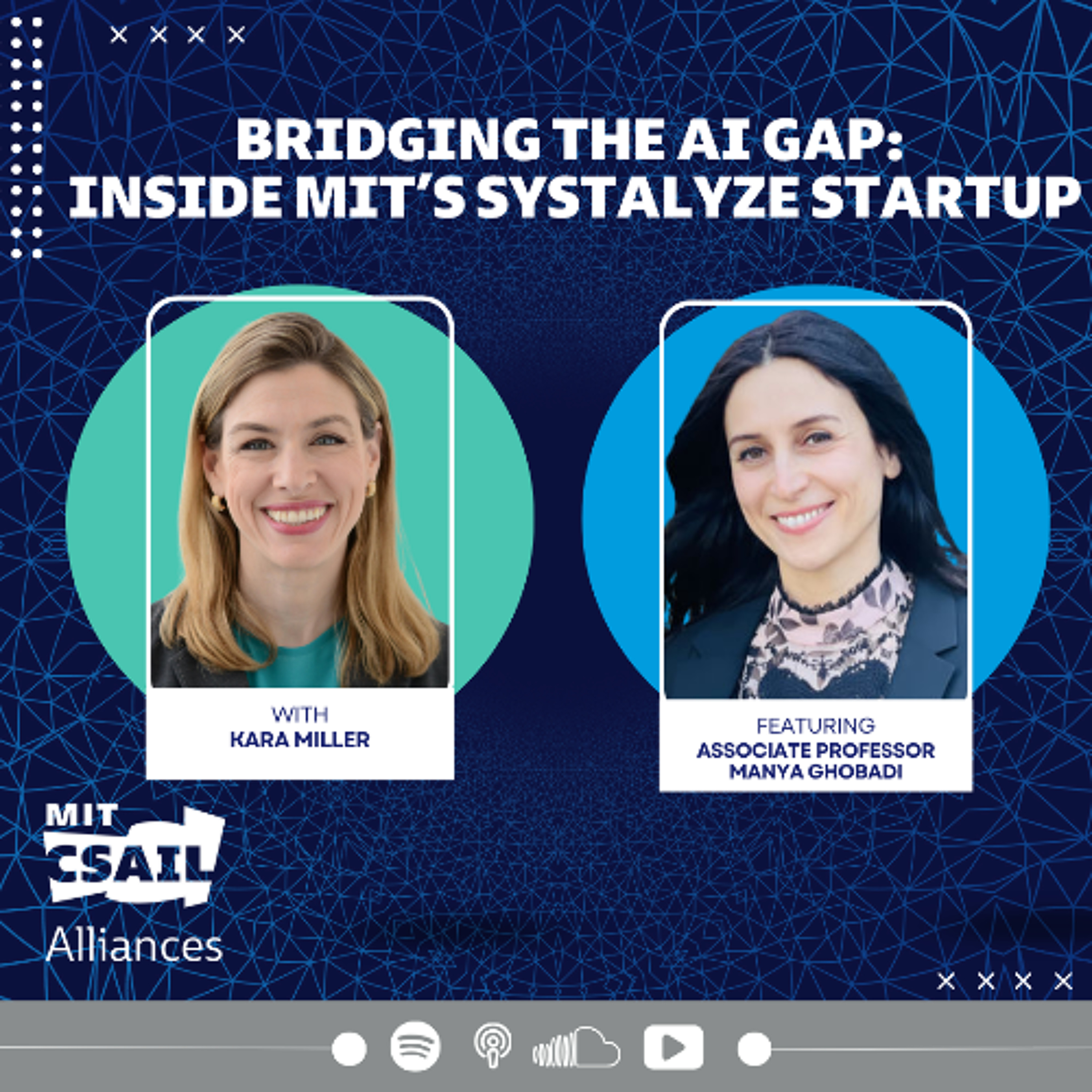
CSAIL Alliances PodcastsBridging the AI Gap: Inside MIT’s Systalyze Startup with Associate Professor Manya GhobadiIn this episode of MIT CSAIL Alliances, host Kara Miller sits down with Professor Manya Ghobadi, a researcher and entrepreneur bridging the gap between academia and industry. Ghobadi, who has worked at Microsoft Research, Google, and now leads her own startup Systalyze, explores why so many companies struggle to efficiently deploy AI — and how her team is creating the “AI doctor” enterprises didn’t know they needed.
From hospitals sitting on mountains of private data to banks seeking smarter fraud detection, Ghobadi explains how better infrastructure and smarter tools can finally unlock AI’s full potential. Tune in for an inside loo...
2025-11-0306 min
MIT Open Aggregated Podcast FeedBridging the AI Gap: Inside MIT’s Systalyze Startup with Associate Professor Manya GhobadiIn this episode of MIT CSAIL Alliances, host Kara Miller sits down with Professor Manya Ghobadi, a researcher and entrepreneur bridging the gap between academia and industry. Ghobadi, who has worked at Microsoft Research, Google, and now leads her own startup Systalyze, explores why so many companies struggle to efficiently deploy AI — and how her team is creating the “AI doctor” enterprises didn’t know they needed.
From hospitals sitting on mountains of private data to banks seeking smarter fraud detection, Ghobadi explains how better infrastructure and smarter tools can finally unlock AI’s full potential. Tune in for an inside loo...
2025-11-0300 min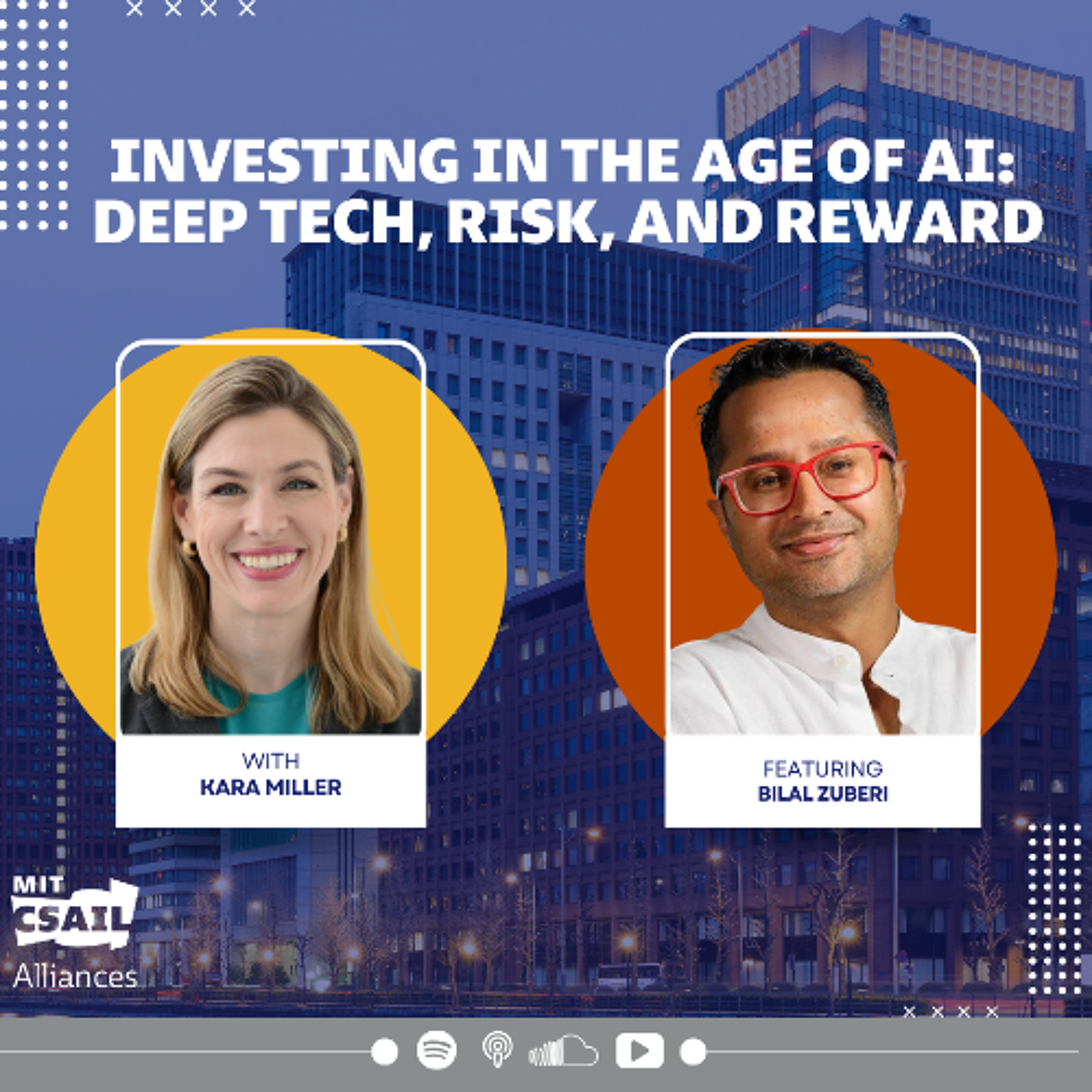
CSAIL Alliances PodcastsInvesting in the Age of AI: Deep Tech, Risk, and Reward with Bilal ZuberiHow will AI reshape the future of deep tech, industry, and investment?
In this episode of the MIT CSAIL Alliances Podcast, host Kara Miller speaks with Bilal Zuberi, founder and managing partner of Red Glass Capital. A longtime venture capitalist, Zuberi explains why AI isn’t just changing apps and SaaS tools—it’s unlocking massive sectors like manufacturing, healthcare, energy, and defense. He shares why he sees AI as the new “cost of intelligence,” what deep tech really means, and how breakthrough innovations could create trillions of dollars in value while tackling humanity’s toughest challenges, from climate change to healthcar...
2025-10-0637 min
MIT Open Aggregated Podcast FeedInvesting in the Age of AI: Deep Tech, Risk, and Reward with Bilal ZuberiHow will AI reshape the future of deep tech, industry, and investment?
In this episode of the MIT CSAIL Alliances Podcast, host Kara Miller speaks with Bilal Zuberi, founder and managing partner of Red Glass Capital. A longtime venture capitalist, Zuberi explains why AI isn’t just changing apps and SaaS tools—it’s unlocking massive sectors like manufacturing, healthcare, energy, and defense. He shares why he sees AI as the new “cost of intelligence,” what deep tech really means, and how breakthrough innovations could create trillions of dollars in value while tackling humanity’s toughest challenges, from climate change to healthcar...
2025-10-0600 min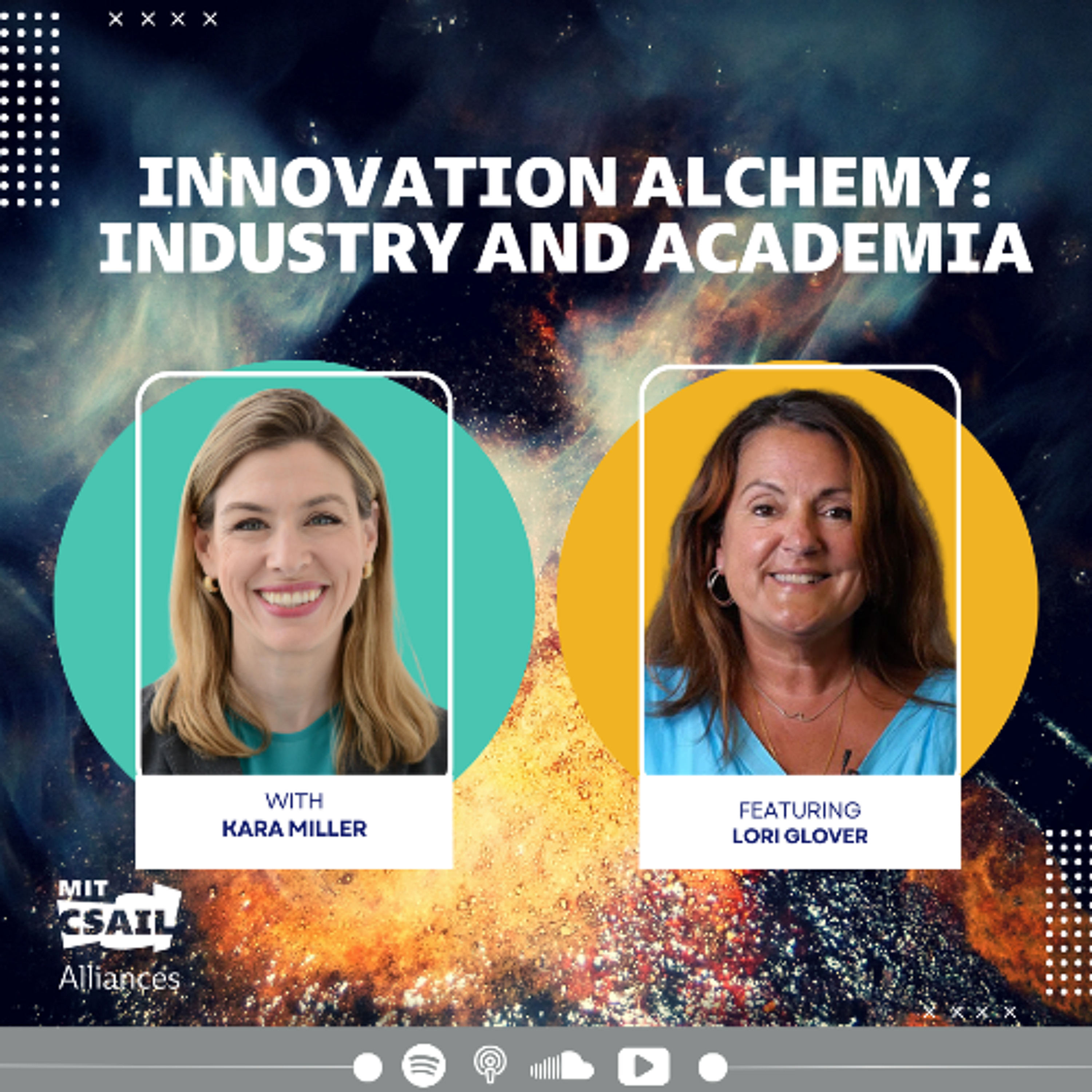
CSAIL Alliances PodcastsInnovation Alchemy: Industry and Academia with Lori GloverFrom sports drinks to self-driving cars, some of the most transformative innovations have emerged when universities and businesses join forces. In this episode, host Kara Miller talks with Lori Glover, author of Innovation Alchemy and Managing Director of Global Strategic Alliances at MIT CSAIL, about the surprising ways academic research and industry collaboration shape technology, talent, and the global economy.
Together, they explore stories from the invention of Gatorade to modern AI research, the challenges of aligning two very different cultures, and how partnerships can spark unexpected breakthroughs, sometimes changing entire industries.
Whether you’re curious about how new ideas mo...
2025-09-0231 min
MIT Open Aggregated Podcast FeedInnovation Alchemy: Industry and Academia with Lori GloverFrom sports drinks to self-driving cars, some of the most transformative innovations have emerged when universities and businesses join forces. In this episode, host Kara Miller talks with Lori Glover, author of Innovation Alchemy and Managing Director of Global Strategic Alliances at MIT CSAIL, about the surprising ways academic research and industry collaboration shape technology, talent, and the global economy.
Together, they explore stories from the invention of Gatorade to modern AI research, the challenges of aligning two very different cultures, and how partnerships can spark unexpected breakthroughs, sometimes changing entire industries.
Whether you’re curious about how new ideas mo...
2025-09-0200 min
Delta PodcastEp. 15: Songlin Yang, Thinking Machines Researcher and MIT CSAIL PhD StudentSonglin Yang is a PhD student at MIT CSAIL and the first-author of the flash linear attention library. She has first-authored papers that have been accepted to top conferences, including ICLR, ICML, and NeurIPS. In addition to research, she helped organize the virtual seminar series and also helps lead the flash linear attention discord community. If you'd like to reach out, please email her at yangsl66@mit.edu.Delta Institute (deltainstitutes.org) is the most talent-dense community of engineers and researchers in the world. They’ve hosted events across the Bay Area, including both Stanford and Berkeley. Past event co-hos...
2025-08-2732 min
Delta PodcastEp. 14: Yifei Wang, MIT CSAIL Postdoc and ICML 2025 Oral Paper AuthorYifei Wang is a postdoctoral researcher at MIT CSAIL. He recently had 3 papers accepted to ICML 2025, including his paper, "Beyond Matryoshka: Revisiting Sparse Coding for Adaptive Representation", which was an oral paper. Before coming to MIT for his postdoc, Yifei got his undergraduate and PhD degrees at Peking University.Delta Institute (deltainstitutes.org) is the most talent-dense community of engineers and researchers in the world. They’ve hosted events across the Bay Area, including both Stanford and Berkeley. Past event co-hosts include partners at Sequoia and Andreessen Horowitz, and one of the first ten employees at Cursor. Delta Institute also h...
2025-08-2236 min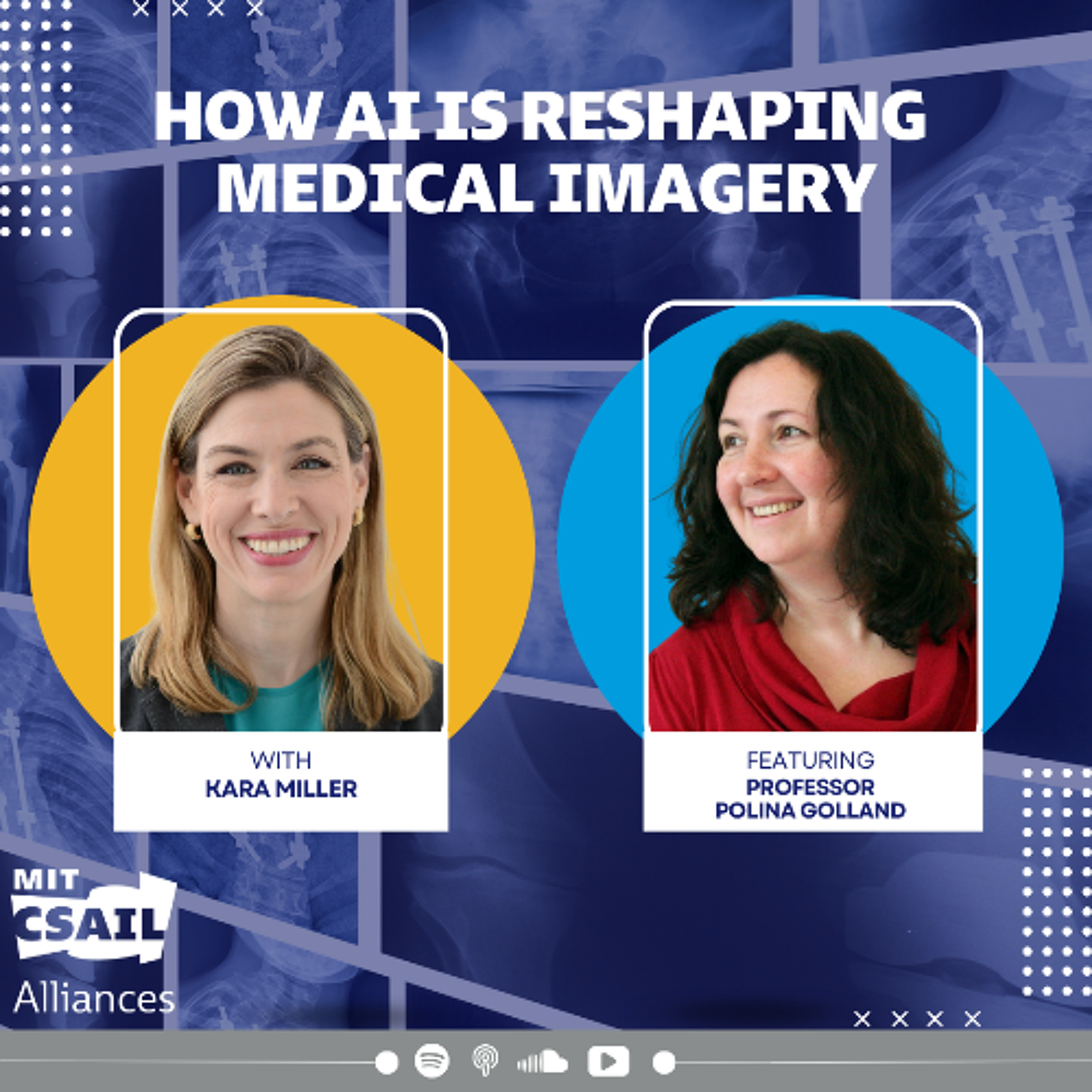
CSAIL Alliances PodcastsHow AI is Reshaping Medical Imagery with MIT CSAIL Professor Polina GollandAI is transforming radiology, but not at the expense of skilled technicians. In the same way that personal computers and spreadsheets didn’t eliminate accountants, AI is not going to replace radiologists but will instead transform the way they work.
MIT CSAIL Professor Polina Golland’s research sits at the intersection of machine learning and healthcare, specifically medical imaging. In this episode, she discusses her team’s groundbreaking work on algorithms that analyze subtle patterns in x-rays, helping detect diseases earlier and understand them more deeply.
This conversation covers:
2:00 - How do doctors diagnose heart failure?
5:27 - Converting medical imagery to num...
2025-08-0436 min
MIT Open Aggregated Podcast FeedHow AI is Reshaping Medical Imagery with MIT CSAIL Professor Polina GollandAI is transforming radiology, but not at the expense of skilled technicians. In the same way that personal computers and spreadsheets didn’t eliminate accountants, AI is not going to replace radiologists but will instead transform the way they work.
MIT CSAIL Professor Polina Golland’s research sits at the intersection of machine learning and healthcare, specifically medical imaging. In this episode, she discusses her team’s groundbreaking work on algorithms that analyze subtle patterns in x-rays, helping detect diseases earlier and understand them more deeply.
This conversation covers:
2:00 - How do doctors diagnose heart failure?
5:27 - Converting medical imagery to num...
2025-08-0400 min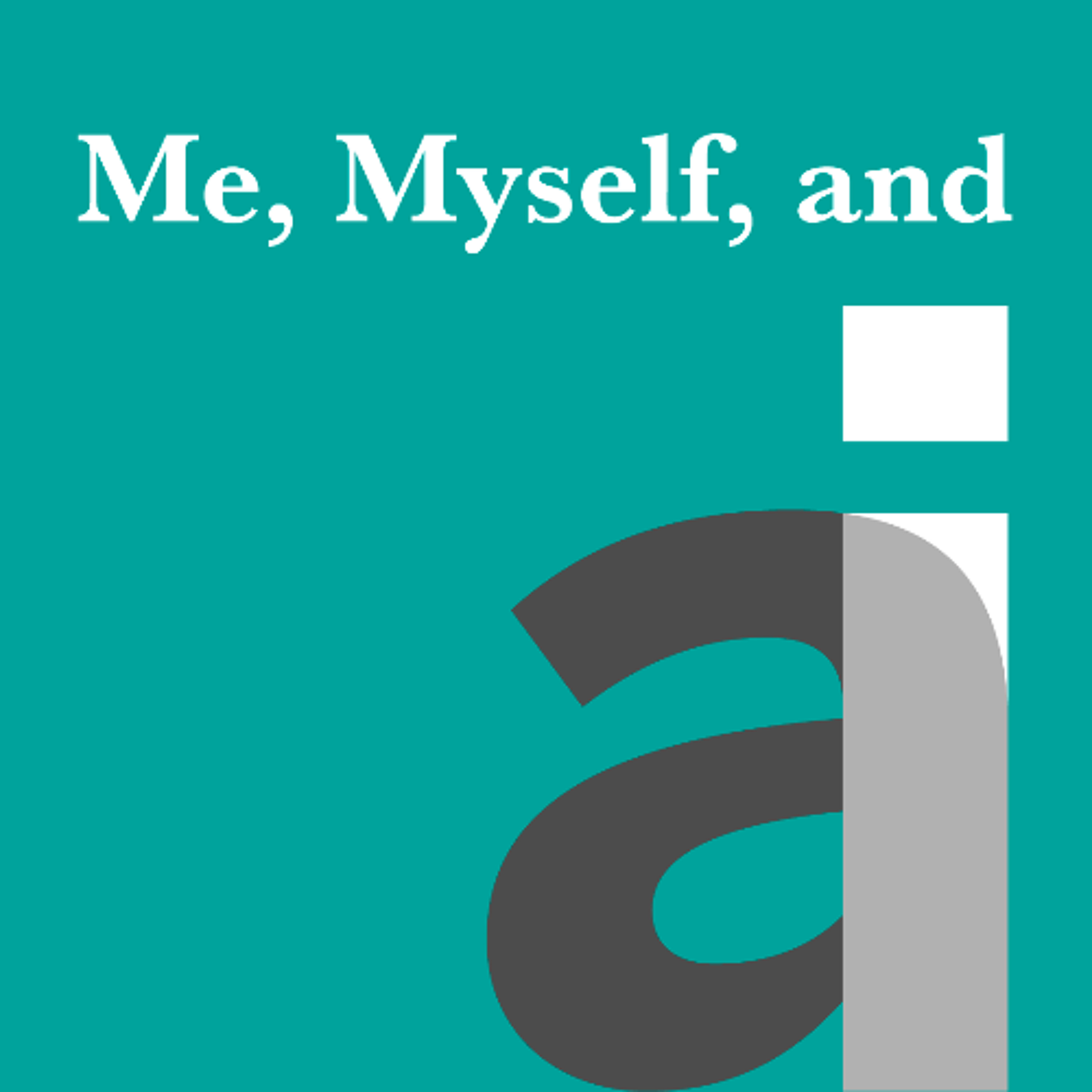
CSAIL Alliances PodcastsMe, Myself, and AI: Building Better Answers With AI Agents, featuring SAP’s Walter Sun (Bonus Episode!)In this special crossover episode, we're bringing you a conversation from our friends at Me, Myself, and AI, a podcast by MIT Sloan Management Review and Boston Consulting Group.
Walter Sun, Senior VP and Global Head of AI at SAP, joins hosts Shervin Khodabandeh and Sam Ransbotham for a deep dive into how SAP is deploying AI at scale across its platforms, from building a generative AI hub with access to over 30 large language models to developing specialized AI agents that reduce hallucinations.
You’ll hear insights into:
The real-world use of small vs. large language models
How SAP is em...
2025-07-2425 min
MIT Open Aggregated Podcast FeedMe, Myself, and AI: Building Better Answers With AI Agents, featuring SAP’s Walter Sun (Bonus Episode!)In this special crossover episode, we're bringing you a conversation from our friends at Me, Myself, and AI, a podcast by MIT Sloan Management Review and Boston Consulting Group.
Walter Sun, Senior VP and Global Head of AI at SAP, joins hosts Shervin Khodabandeh and Sam Ransbotham for a deep dive into how SAP is deploying AI at scale across its platforms, from building a generative AI hub with access to over 30 large language models to developing specialized AI agents that reduce hallucinations.
You’ll hear insights into:
The real-world use of small vs. large language models
How SAP is em...
2025-07-2400 min
Me, Myself, and AIFeed Drop: MIT CSAIL Alliances PodcastToday’s episode is a bonus drop from our friends over at the MIT CSAIL Alliances podcast. We'll be back on September 16 with new episodes of Me, Myself, and AI.
Chris Miller is professor of international history at Tufts University. He joins the MIT CSAIL Alliances podcast to share insights from his recent book, Chip War: The Fight for the World's Most Critical Technology.
Me, Myself, and AI is a collaborative podcast from MIT Sloan Management Review and Boston Consulting Group and is hosted by Sam Ransbotham and Shervin Khodabandeh. Our engineer is David Lishansky, and t...
2025-07-1546 min
MIT Open Aggregated Podcast FeedThe Promise and Peril of Computer Chips with Tufts Professor Chris MillerChris Miller, Tufts Professor and author, explains how semiconductors—those tiny chips inside your phone, car, and coffee maker—have become the most critical technology in the world. Today’s global economy, military power, and AI breakthroughs all hinge on who makes the chips and where.
In this episode, Dr. Miller explores how the chip industry evolved from independent manufacturing giants to specialized global supply chains and why that’s both a strength and a vulnerability. He breaks down the growing competition between the U.S. and China, the geopolitical risk of relying on Taiwan, and why the future of AI depen...
2025-07-0700 min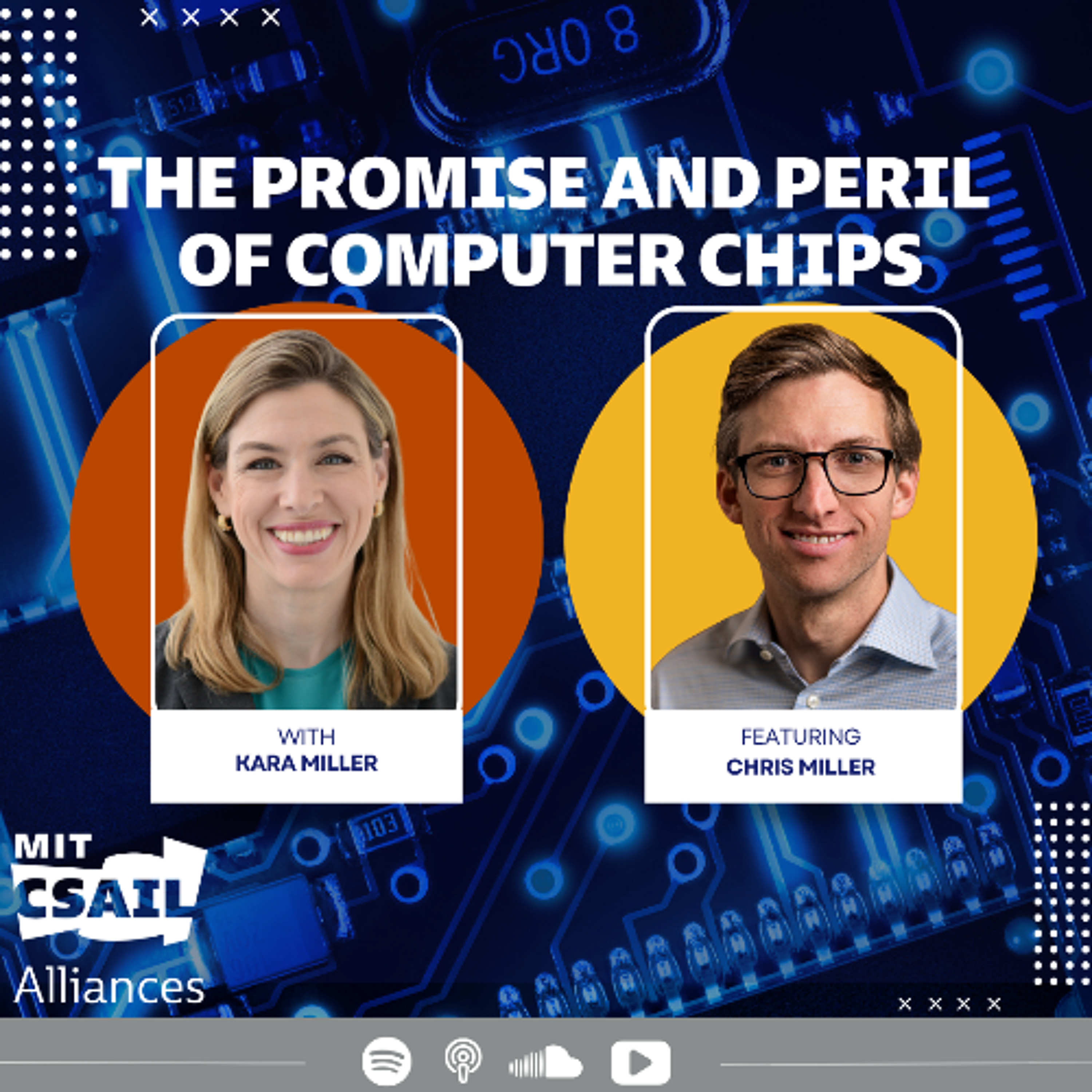
CSAIL Alliances PodcastsThe Promise and Peril of Computer Chips with Tufts Professor Chris MillerChris Miller, Tufts Professor and author, explains how semiconductors—those tiny chips inside your phone, car, and coffee maker—have become the most critical technology in the world. Today’s global economy, military power, and AI breakthroughs all hinge on who makes the chips and where.
In this episode, Dr. Miller explores how the chip industry evolved from independent manufacturing giants to specialized global supply chains and why that’s both a strength and a vulnerability. He breaks down the growing competition between the U.S. and China, the geopolitical risk of relying on Taiwan, and why the future of AI depen...
2025-07-0743 min
MIT Open Aggregated Podcast FeedBeyond the Hype: How AI is Actually Reshaping Business with Andy EllisCybersecurity expert and venture capitalist Andy Ellis breaks down why the smartest organizations are using AI to augment their workers, not replace them. Today’s AI systems are best used when they serve as “semi-pro” tools—fast, scalable, surprisingly effective, but still guided by some human oversight. In this conversation, he shares cautionary tales about hallucinations, prompt injections, unintended consequences, and outlines the common pitfalls he already sees companies falling into.
You’ll hear:
- How to minimize resistance and bring the workforce onboard when deploying AI tools.
- Why AI agents should be limited in scope and the advantage of stackin...
2025-06-0200 min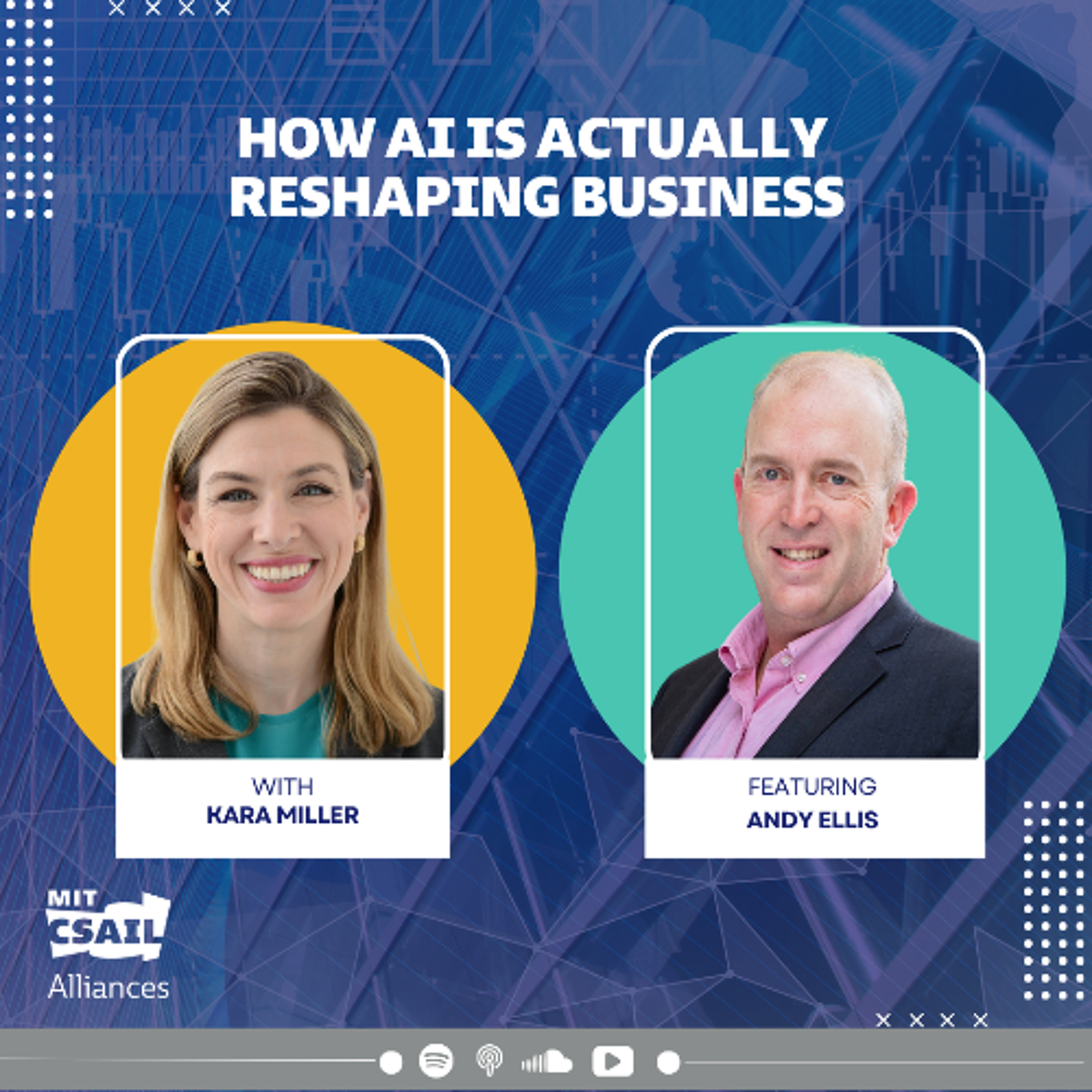
CSAIL Alliances PodcastsBeyond the Hype: How AI is Actually Reshaping Business with Andy EllisCybersecurity expert and venture capitalist Andy Ellis breaks down why the smartest organizations are using AI to augment their workers, not replace them. Today’s AI systems are best used when they serve as “semi-pro” tools—fast, scalable, surprisingly effective, but still guided by some human oversight. In this conversation, he shares cautionary tales about hallucinations, prompt injections, unintended consequences, and outlines the common pitfalls he already sees companies falling into.
You’ll hear:
- How to minimize resistance and bring the workforce onboard when deploying AI tools.
- Why AI agents should be limited in scope and the advantage of stackin...
2025-06-0239 min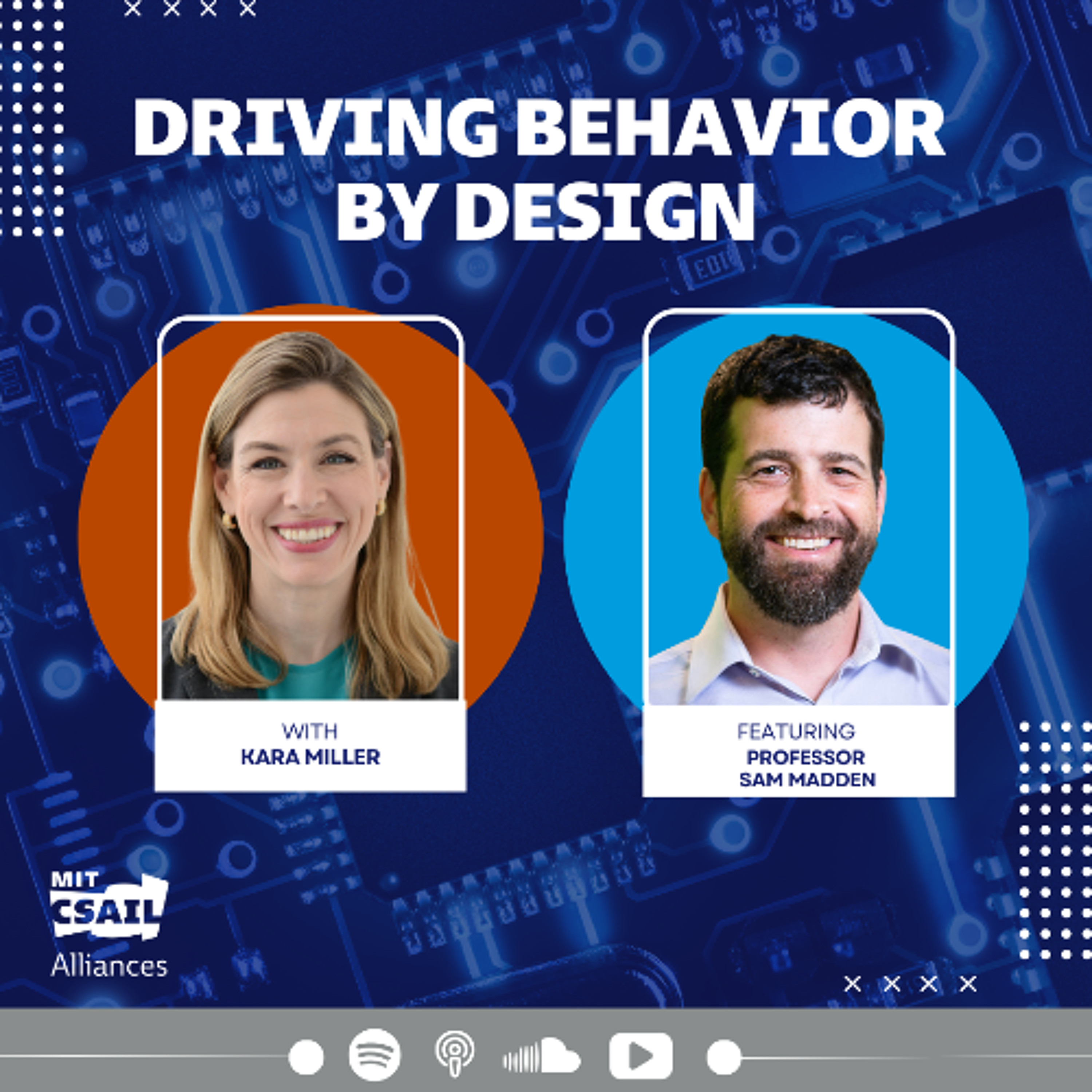
CSAIL Alliances PodcastsDriving Behavior by Design: MIT CSAIL Professor Sam Madden on the Science of Safer Roads with AICan your phone make you a safer driver? Or is it part of the problem?
MIT CSAIL Professor Sam Madden shares the origin story of Cambridge Mobile Telematics, a CSAIL spinout using smartphones and AI to prevent car crashes and save lives. In this episode, Professor Madden joins host Kara Miller to explore how accelerometers, algorithms, and well-timed incentives are transforming how we understand and improve driver behavior.
Professor Madden reflects on surprising data trends, like why crash rates haven’t fallen despite better car tech, and how the ubiquitous smartphone became a key tool for reducing risk on the ro...
2025-05-0534 min
MIT Open Aggregated Podcast FeedDriving Behavior by Design: MIT CSAIL Professor Sam Madden on the Science of Safer Roads with AICan your phone make you a safer driver? Or is it part of the problem?
MIT CSAIL Professor Sam Madden shares the origin story of Cambridge Mobile Telematics, a CSAIL spinout using smartphones and AI to prevent car crashes and save lives. In this episode, Professor Madden joins host Kara Miller to explore how accelerometers, algorithms, and well-timed incentives are transforming how we understand and improve driver behavior.
Professor Madden reflects on surprising data trends, like why crash rates haven’t fallen despite better car tech, and how the ubiquitous smartphone became a key tool for reducing risk on the ro...
2025-05-0500 min
MIT Open Aggregated Podcast FeedHow AI Can Help Save the Natural World, with MIT CSAIL Assistant Professor Sara BeeryFinches, zebras, Darwin... and AI? 🧠🌍
Two centuries after Darwin explored the Galápagos, artificial intelligence is transforming how we study and protect the natural world, rapidly expanding what’s possible in biodiversity and ecology research. In this episode, MIT CSAIL Assistant Professor Sara Beery explains how AI is unlocking new possibilities in conservation, from identifying endangered species to analyzing ecosystem health at scale. AI can help biologists collect, process, and interpret enormous volumes of data, unlocking patterns and offering insights that were simply not possible without modern technology.
Beery shares her journey, from tagging snow leopards in college to leading global re...
2025-04-1700 min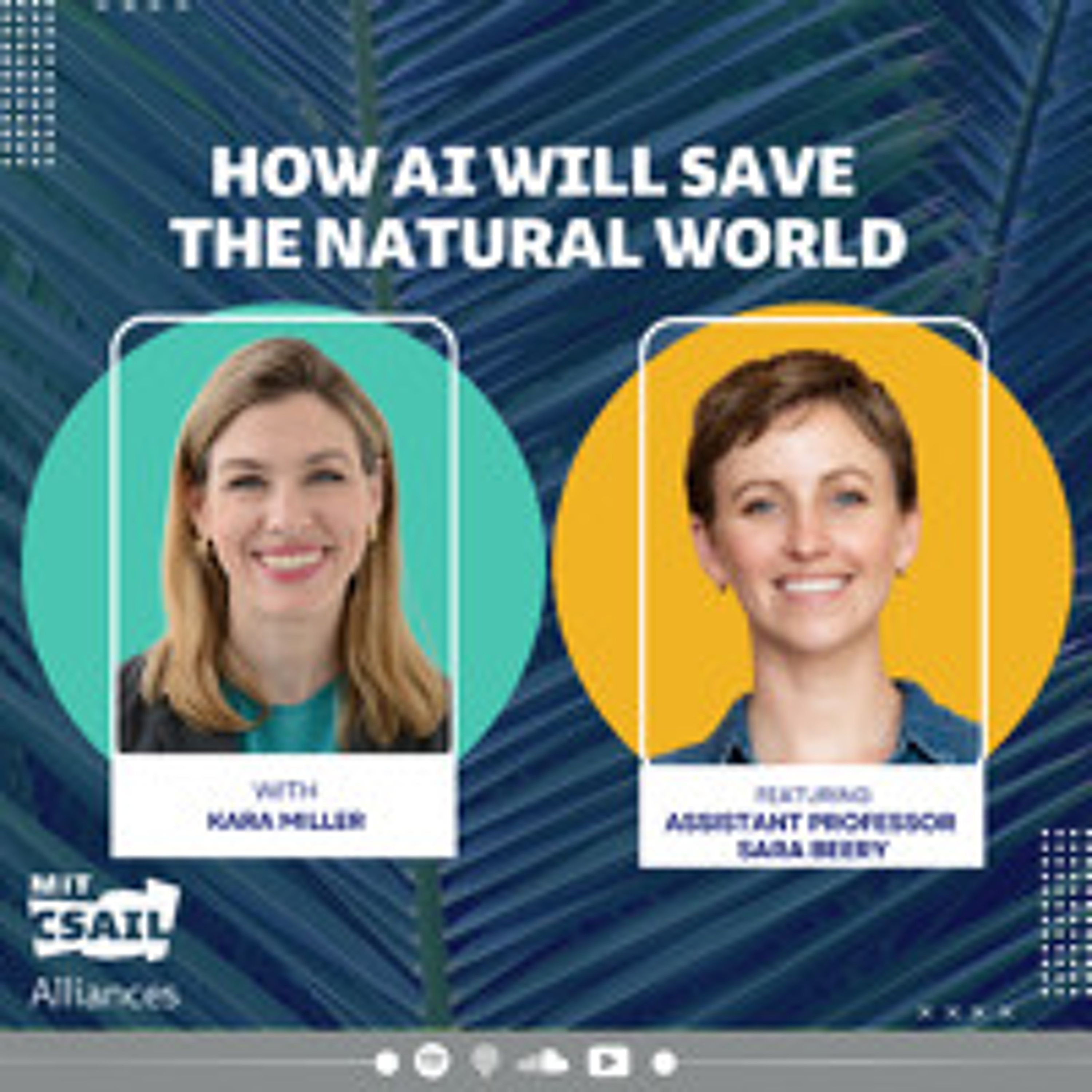
CSAIL Alliances PodcastsHow AI Can Help Save the Natural World, with MIT CSAIL Assistant Professor Sara BeeryFinches, zebras, Darwin... and AI? 🧠🌍
Two centuries after Darwin explored the Galápagos, artificial intelligence is transforming how we study and protect the natural world, rapidly expanding what’s possible in biodiversity and ecology research. In this episode, MIT CSAIL Assistant Professor Sara Beery explains how AI is unlocking new possibilities in conservation, from identifying endangered species to analyzing ecosystem health at scale. AI can help biologists collect, process, and interpret enormous volumes of data, unlocking patterns and offering insights that were simply not possible without modern technology.
Beery shares her journey, from tagging snow leopards in college to leading global re...
2025-04-1714 min
MIT Open Aggregated Podcast FeedAI's Hidden Business Effects: MIT Principal Research Scientist Andrew McAfee Explores how AI is Affecting EnterpriseWhat happens when every company becomes a tech company—and the geeks take the wheel?
Renowned economist, bestselling author, and MIT Principal Research Scientist Andrew McAfee unpacks how AI is transforming corporate strategy—from cement makers to software engineers. Drawing on insights from his book The Geek Way and his startup Workhelix, McAfee shares what he’s hearing from executives around the world, where AI is delivering real ROI, and why understanding how we measure impact is just as important as what we measure.
From call centers to material science labs, from spreadsheet power users to the future of education, McAfee...
2025-04-0300 min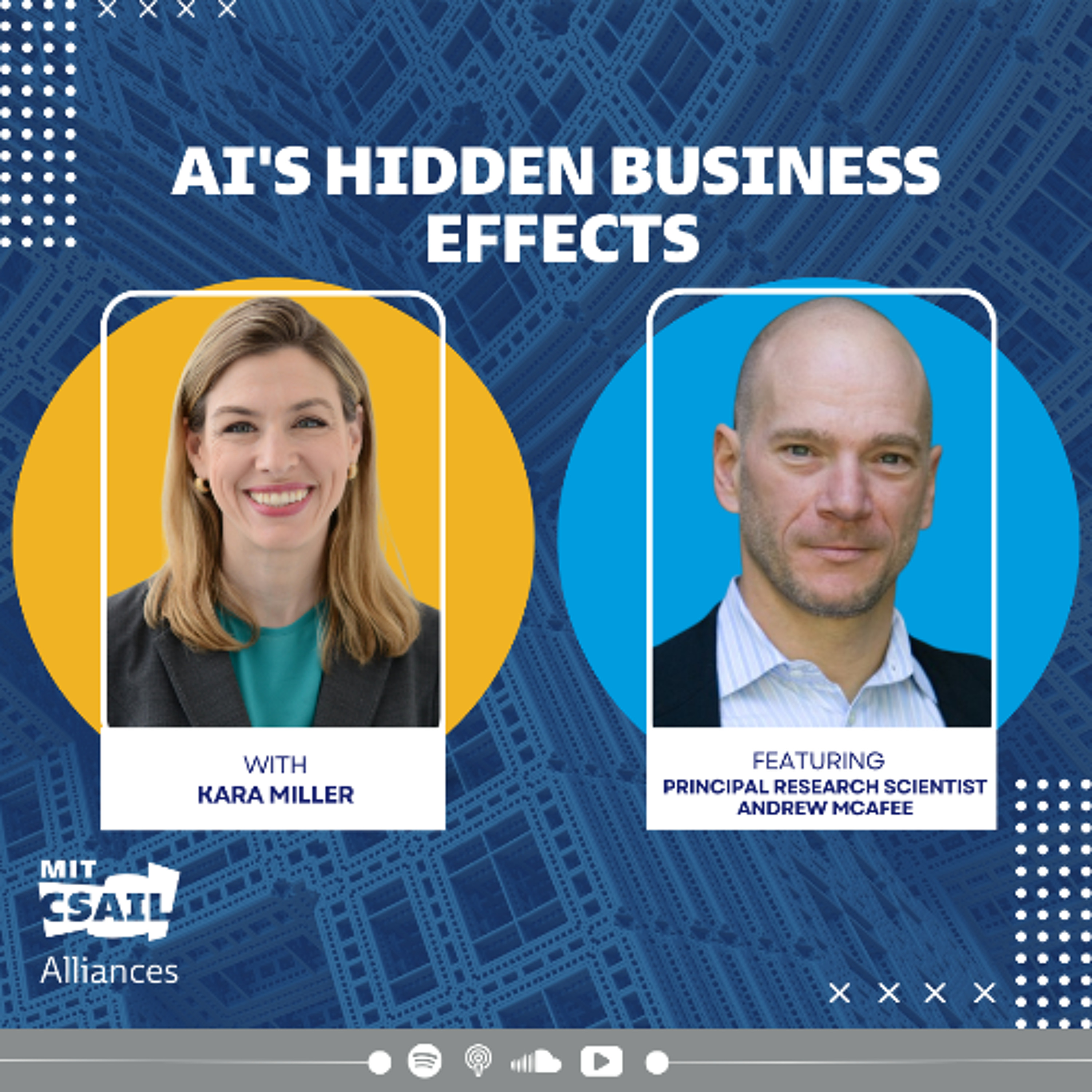
CSAIL Alliances PodcastsAI's Hidden Business Effects: MIT Principal Research Scientist Andrew McAfee Explores how AI is Affecting EnterpriseWhat happens when every company becomes a tech company—and the geeks take the wheel?
Renowned economist, bestselling author, and MIT Principal Research Scientist Andrew McAfee unpacks how AI is transforming corporate strategy—from cement makers to software engineers. Drawing on insights from his book The Geek Way and his startup Workhelix, McAfee shares what he’s hearing from executives around the world, where AI is delivering real ROI, and why understanding how we measure impact is just as important as what we measure.
From call centers to material science labs, from spreadsheet power users to the future of education, McAfee...
2025-04-0347 min
Me, Myself, and AIFeed Drop: How AI Will Change Your Job: MIT’s David AutorToday’s episode is a bonus drop from our friends over at the MIT CSAIL Alliances podcast. We’ll back in two weeks for Season 11 of Me, Myself, and AI.David Autor, the Daniel (1972) and Gail Rubinfeld Professor, Margaret MacVicar Faculty Fellow in MIT’s Department of Economics, says that AI is “not like a calculator where you just punch in the numbers and get the right answer. It’s much harder to figure out how to be effective with it.” Offering unique insights into the future of work in an AI-powered world, Autor explains his biggest worries, the...
2025-03-0440 min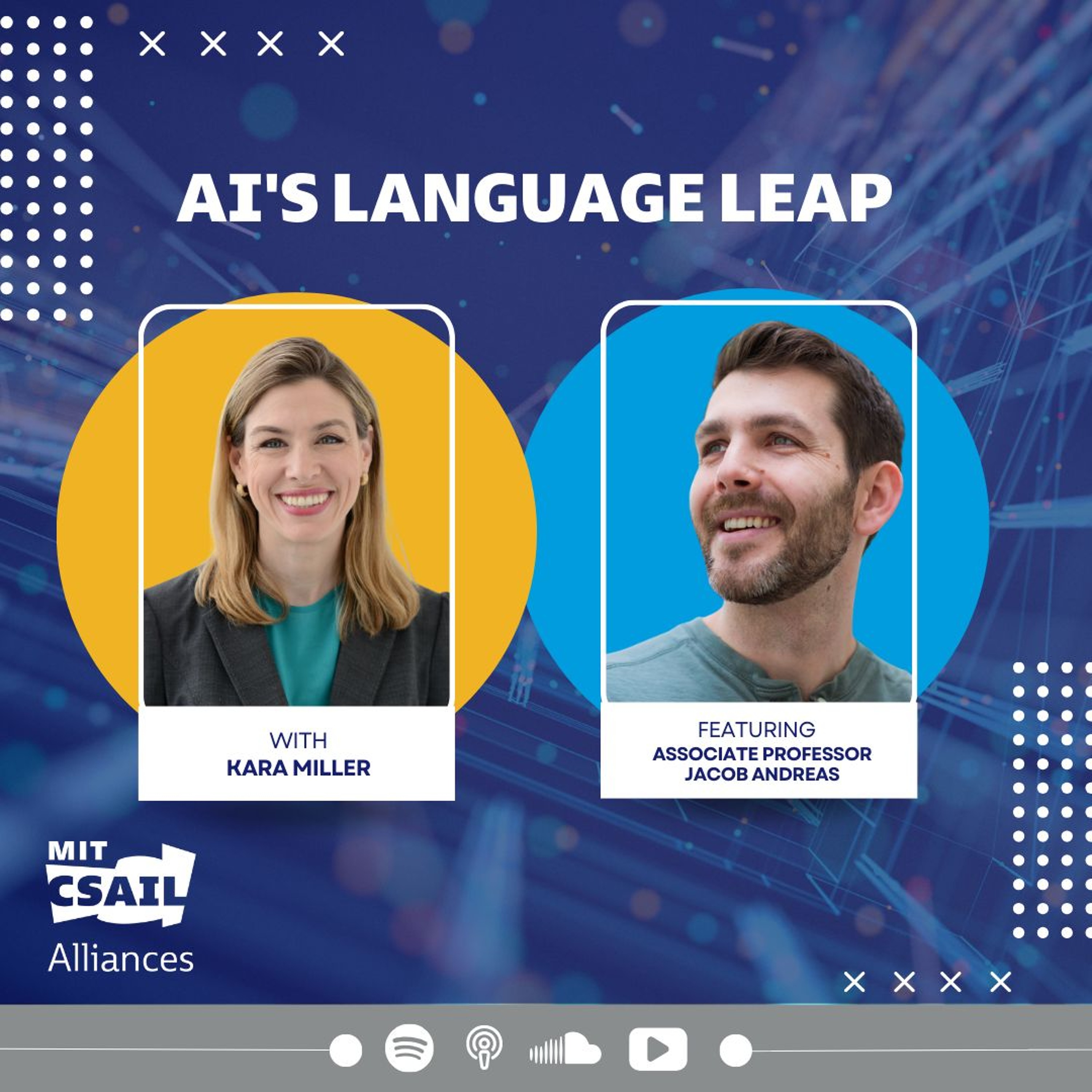
CSAIL Alliances PodcastsAI's Language Leap: MIT CSAIL Associate Professor Jacob Andreas Explores NLP and LLMsFor a full, uncut video version of this show (shot in Professor Andreas' MIT CSAIL office!), watch here: https://www.youtube.com/watch?v=QBV5Bj_NnbA
MIT CSAIL Associate Professor Jacob Andreas walks listeners through how LLMs like ChatGPT evolved from academic curiosities to industry-disrupting technologies.
Reflecting on the transformations he has observed in AI research, Professor Andreas discusses how some ideas—like linking NLP research to cognitive science—have taken a backseat, while others—like the importance of large-scale training data—remain central.
He offers insights on AI use cases, the emergence of models like DeepSeek, and the critical...
2025-02-2427 min
CSAIL Alliances PodcastsMe, Myself & AI: AI Hype and Skepticism with Economist Paul Romer (Bonus Episode!)The MIT CSAIL Alliances Podcast is collaborating with MIT Sloan’s Me, Myself, and AI podcast to share a special bonus episode this month.
Paul Romer once considered himself the most optimistic economist. He rightfully predicted that technology would blow up as an economic driver coming out of the inflation of the 1970s, but acknowledges he did not foresee the inequality that technology advances would lead to.
On this episode of the Me, Myself, and AI podcast, Paul shares his views on AI advances and their implications for society. Rather than pave the way for full automation, he is a pr...
2025-02-1724 min
Edge Cases: The Human Side of AI#25 | From Marvin Minsky to Daniela Rus, Leading The World's Most Historic AI Lab & Building A Better Future With Intelligent MachinesDaniela Rus, Director of MIT's CSAIL, joins Frazer to explore the intersection of leadership, innovation, and the transformative potential of AI. In this episode, they discuss: > How CSAIL has become a global leader in AI and robotics, driving breakthroughs that impact industries worldwide. > The essential frameworks for deploying AI ethically and efficiently while building trust in intelligent machines. > The role of visionary leadership in using AI to address challenges, inspire innovation, and shape a sustainable, tech-enabled future. — Daniela Rus is the Director of the Computer Science and...
2025-01-2948 min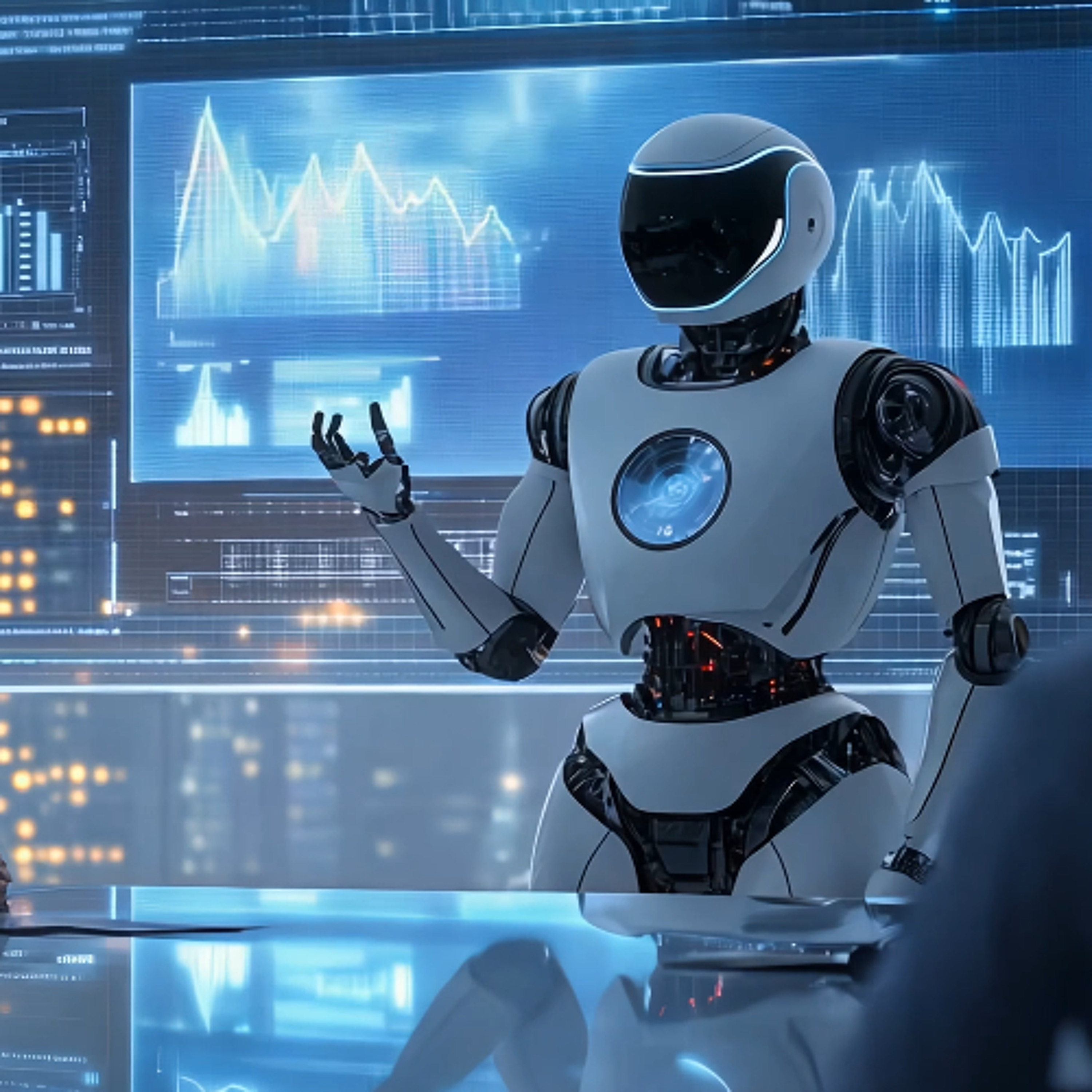
CSAIL Alliances PodcastsMIT CSAIL Podcast: How AI will Change Your Job and The Potential of Self-Supervised LearningHow AI will Change Your Job with MIT Economics Professor David Autor & The Potential of Self-Supervised Learning with CSAIL PhD Student Sharut Gupta
Host: Kara Miller
Part One: MIT Economics Professor David Autor says that AI is “not like a calculator where you just punch in the numbers and get the right answer. It's much harder to figure out how to be effective with it.” Offering unique insights into the future of work in an AI-powered world, Professor Autor explains his biggest worries, the greatest upside scenarios, and how he believes we should be approaching AI as a tool, and addr...
2025-01-2944 min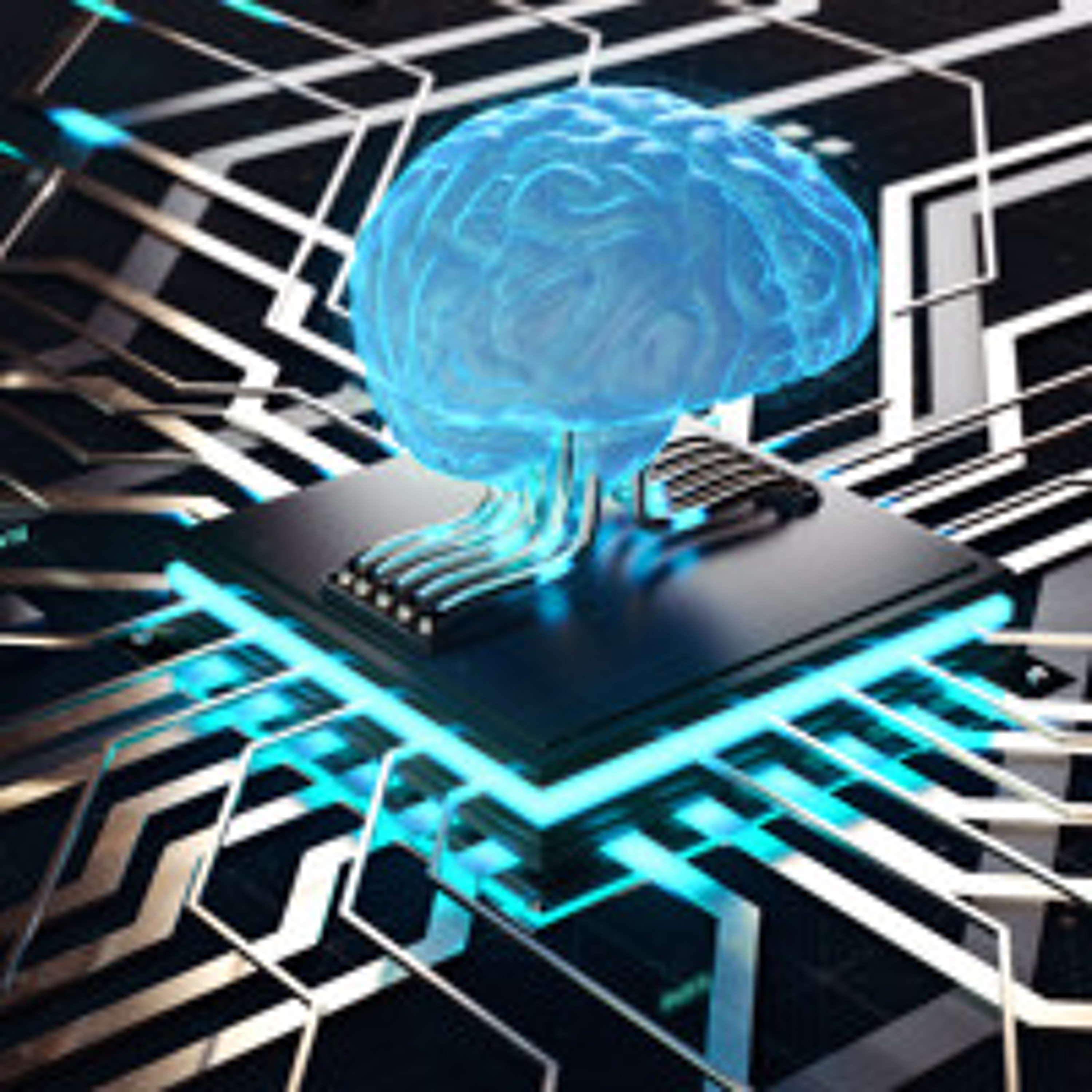
CSAIL Alliances PodcastsThe Revolutionary Potential of AI with CSAIL Professor Manolis KellisHave we achieved Artificial General Intelligence? MIT CSAIL Professor Manolis Kellis argues yes. Computers can do nearly every intellectual task that humans are capable of and are rapidly tackling the physical tasks. What does this mean for the future of AI integration, regulation, and development? Hear Professor Kellis’ ideas about how businesses can incorporate LLMs (large language models) to minimize silos, why we shouldn’t put up too many guardrails on AI technology, and how human-AI collaboration can lead to broader societal benefit, including healthcare. Professor Kellis is working toward a future where AI transforms healthcare through a deeper understanding of o...
2025-01-0543 min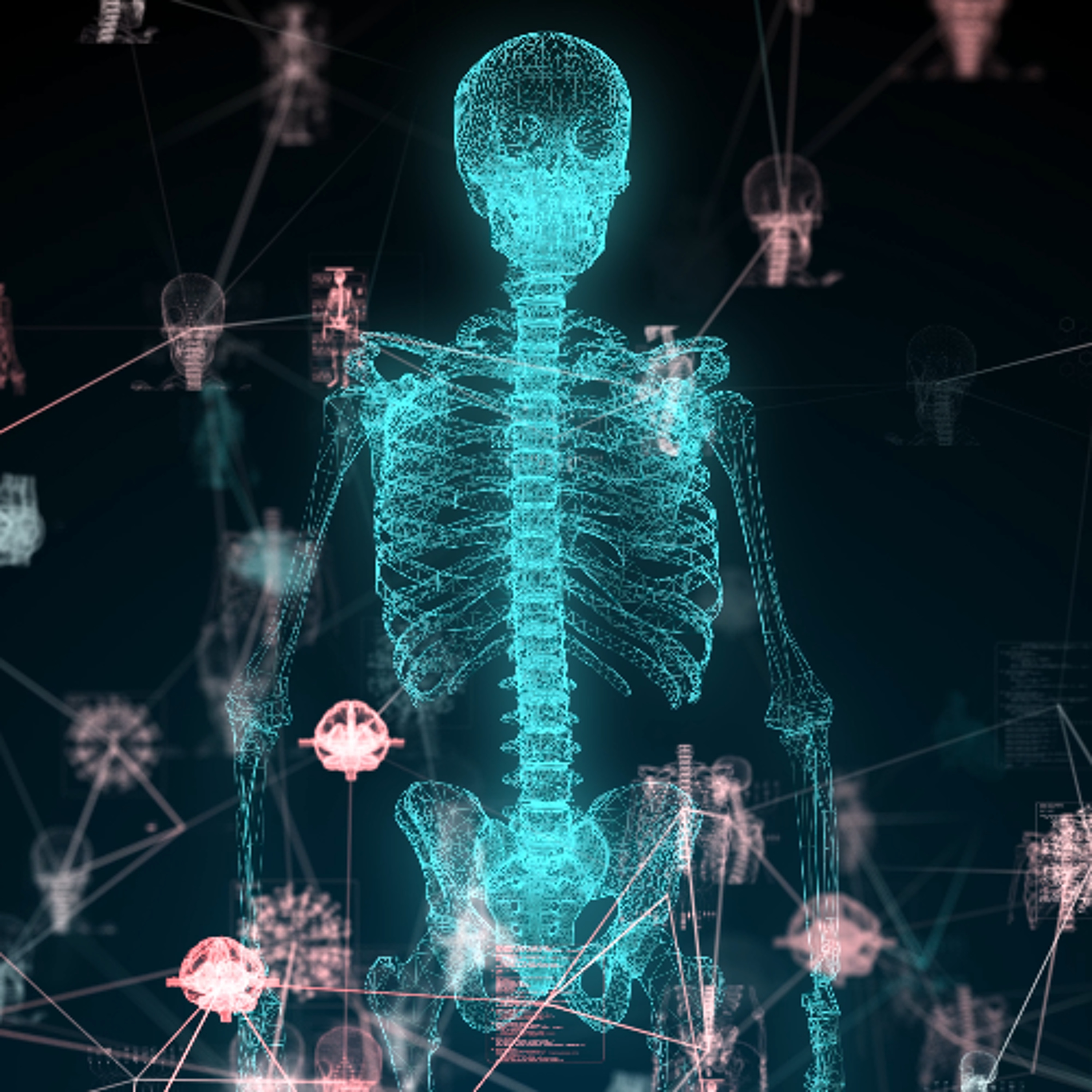
CSAIL Alliances PodcastsAI’s Bias in Predictive Healthcare with Associate Professor Marzyeh GhassemiAssociate Professor Marzyeh Ghassemi discusses why, despite its tremendous potential for good, AI must be approached with caution, especially in high risk areas like healthcare. Biases in training data can perpetuate real-world inequalities, providers might rely too much on potentially faulty AI, and tools created for one demographic might not necessarily translate to a different population. However, considering the incredible potential of AI to tackle challenges in transformative ways, it’s worth approaching these considerations with rigorous academic insight. Learn more about her work here: https://www.csail.mit.edu/person/marzyeh-ghassemi
2024-11-2731 min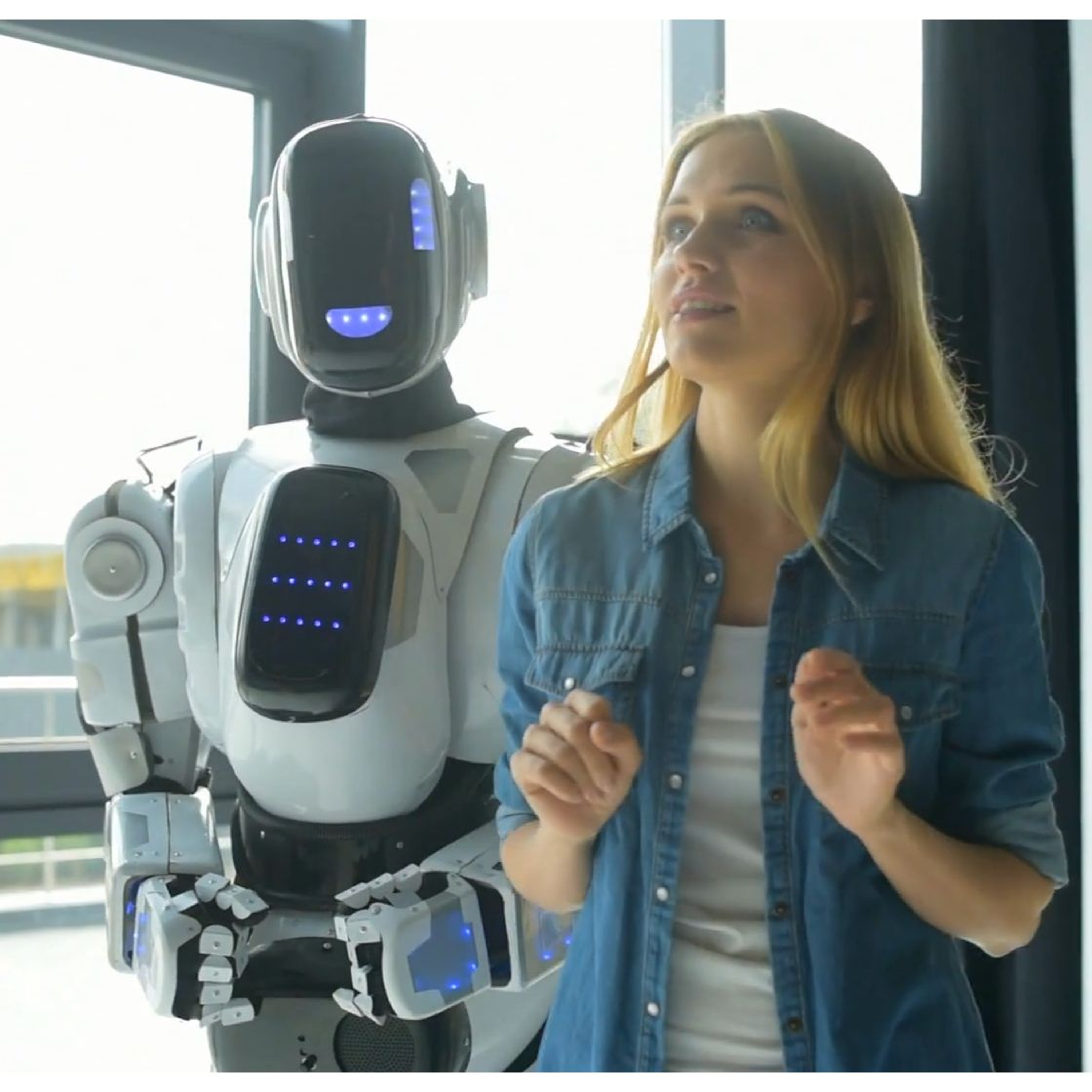
CSAIL Alliances PodcastsAI in Healthcare with UCSD Prof. Karandeep Singh & Robot Conversations with CSAIL Prof. Andreea BobuThis month’s podcast is a double feature. First up, Associate Professor and Chief Health AI Officer at the University of California San Diego Karandeep Singh explains the reality of using artificial intelligence for medicine. Professor Singh extrapolates on what works, what doesn’t, and how some challenges are social rather than technical.
Plus, MIT CSAIL’s Assistant Professor Andreea Bobu explains how large language models are advancing the field of robotics. Thanks to LLMs, giving directions to robots might soon look more like a conversation, without the need for step-by-step commands.
You can learn more about CSAIL research and access...
2024-11-0443 min
CSAIL Alliances PodcastsHow companies can rebuild trust around data with Danny WeitznerFounding Director of the MIT Internet Policy Research Initiative CSAIL Senior Research Scientist Daniel Weitzner says a lack of visibility about how personal data is being used is leading to an erosion of customer trust. However, companies increasingly need to leverage data for analytic advantage, generative AI applications, and more. His research focuses on solutions which would empower consumers with visibility and control of their data, facilitating a future of accountability and trust. Hear more about his work here: https://www.csail.mit.edu/person/daniel-weitzner
Find out more about CSAIL Alliances, as well as a full transcript of this...
2024-10-0729 min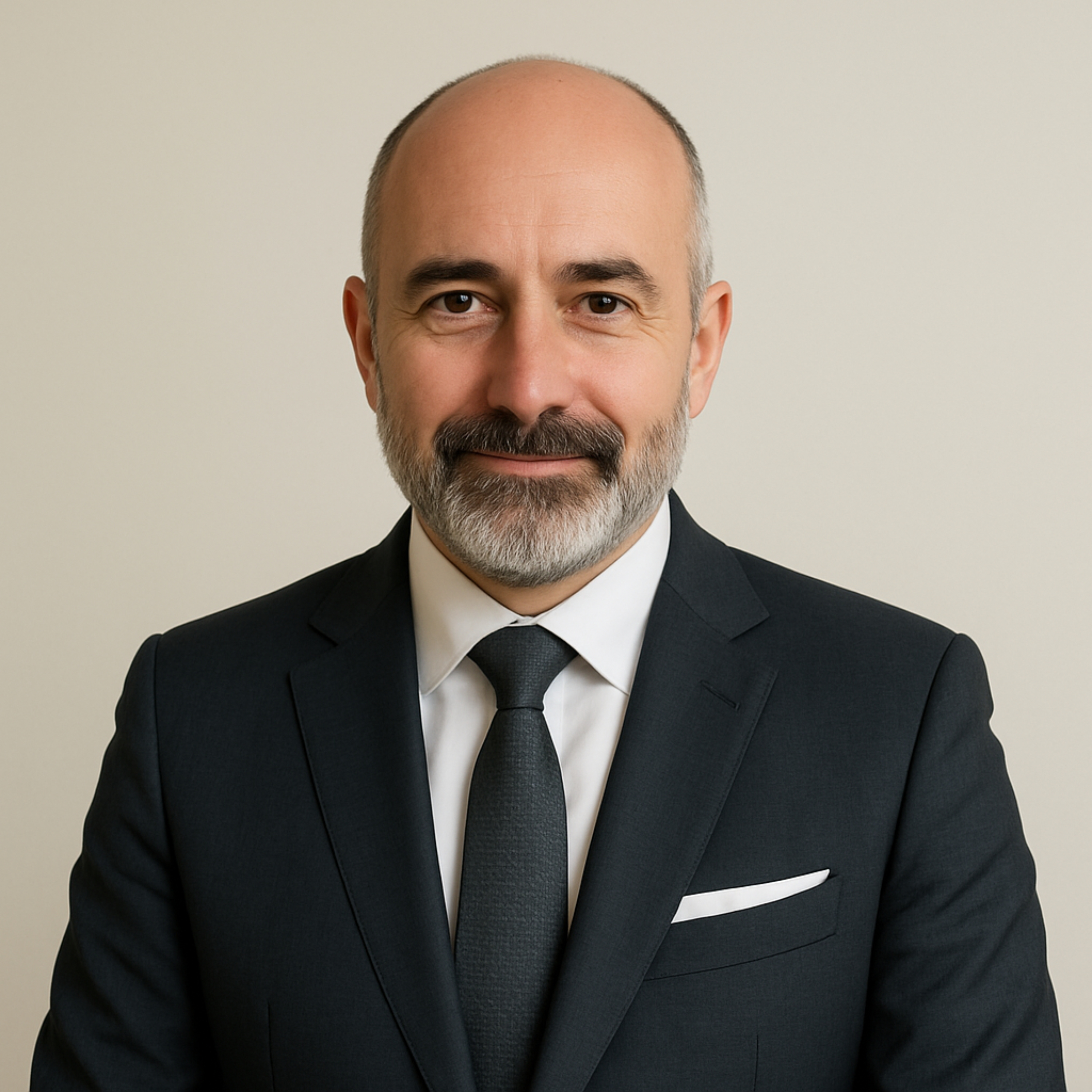
Andrea ViliottiMIT CSAIL discovers that large language models (LLMs) can indeed understand the real worldA new study from MIT CSAIL suggests that large language models (LLMs) may develop an understanding of the real world, creating internal representations of how objects interact. This was demonstrated using a simple programming language called Karel, in which the LLMs were able to generate correct instructions to control a virtual robot, even though they had never directly seen the simulation. The researchers hypothesized that the LLMs developed an internal understanding of how the robot moved in response to the instructions, similar to how a child learns to speak and understand the world. This study has significant implications for...
2024-09-2006 min
CSAIL Alliances PodcastsHow AI can help with financial decision making with Professor Andrew LoProfessor of Finance at the MIT Sloan School of Management and CSAIL Andrew Lo believes AI can help everyday consumers make important financial decisions by democratizing access to quality finance advice. His research aims to address the challenges of deploying AI in finance by, for example, answering questions around responsibility and engaging with financial advisors to make sure such tools are useful in the field. Professor Lo is the faculty director for the FintechAI@CSAIL research initiative.
Find out more about CSAIL Alliances, as well as a full transcript of this podcast, at https://cap.csail.mit.edu/podcasts/how-ai-can-help-financial-decision-making-andrew-lo
...
2024-09-0336 min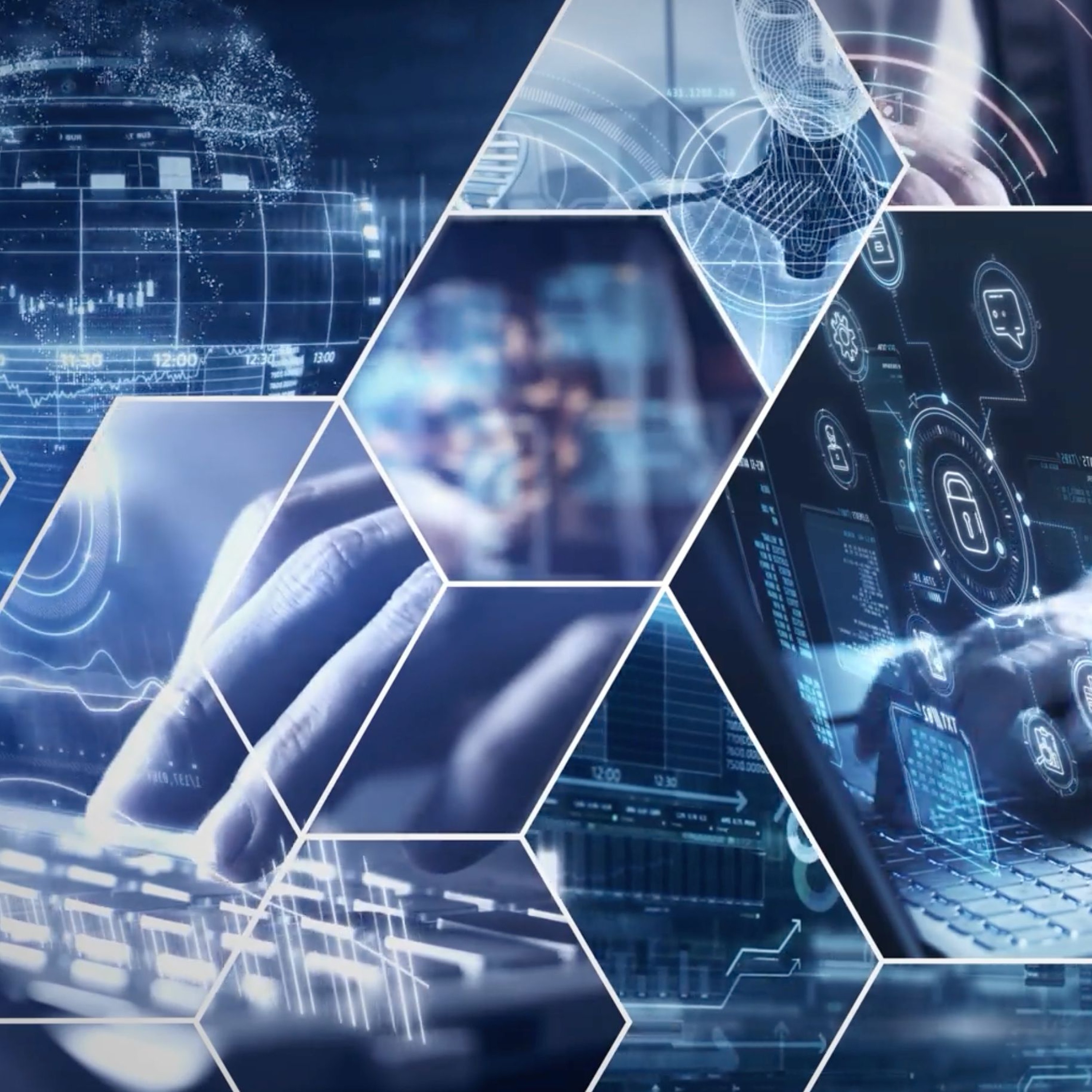
CSAIL Alliances PodcastsHype vs. Reality: the Current State of AI with Arvind NarayananPrinceton Professor Arvind Narayanan, author of "AI Snake Oil," sheds light on the stark contrast between the public perception and actual capabilities of AI. In this podcast, he explores the significant gap between the excitement surrounding AI and its current limitations. Find out more about CSAIL Alliances, as well as a full transcript of this podcast, at https://cap.csail.mit.edu/podcasts/current-state-ai-arvind-narayanan.
If you would like to learn more about CSAIL's Professional Development Courses, visit here: https://cap.csail.mit.edu/events-professional-programs. Podcast listeners save 10% on courses with code MITXPOD10.
2024-08-0533 min
CSAIL Alliances PodcastsUnderstanding Generative AI with Stefanie MuellerAssociate Professor Stefanie Mueller, who leads the Human-Computer Interaction group at CSAIL, discusses her groundbreaking research using generative AI for 3D applications. Specifically she explains how generative AI can be combined with mechanical simulation to create stable and personalized 3D models. Find out more about CSAIL Alliances, as well as a full transcript of this podcast, at https://cap.csail.mit.edu.
If you would like to learn more about CSAIL's Professional Development Courses, visit here: https://cap.csail.mit.edu/events-professional-programs. Podcast listeners save 10% on courses with code MITXPOD10.
2024-07-2910 min
CSAIL Alliances PodcastsReimagining Software Design with Daniel JacksonMIT Professor Daniel Jackson, associate director of CSAIL and the author of The Essence of Software, argues that if your design is flawed, so is your product. In this podcast, Prof. Jackson shares some cases where software design makes or breaks big companies and what can be done to improve software design in the future. Find out more here: cap.csail.mit.edu.
If you would like to learn more about CSAIL's Professional Development Courses, visit here: https://cap.csail.mit.edu/events-professional-programs. Podcast listeners save 10% on courses with code MITXPOD10.
2024-07-0137 min
CSAIL Alliances PodcastsWhen is the right time to use AI in business?This week on the CSAIL Alliances Podcast we’re joined by George Westerman, a Senior Lecturer at the MIT Sloan School of Management and Founder of the Global Opportunity Initiative. Westerman discusses the future of AI, the opportunities it presents, as well as some potential pitfalls. Find out more about CSAIL Alliances, as well as a full transcript of this podcast at https://cap.csail.mit.edu/
2024-06-0329 min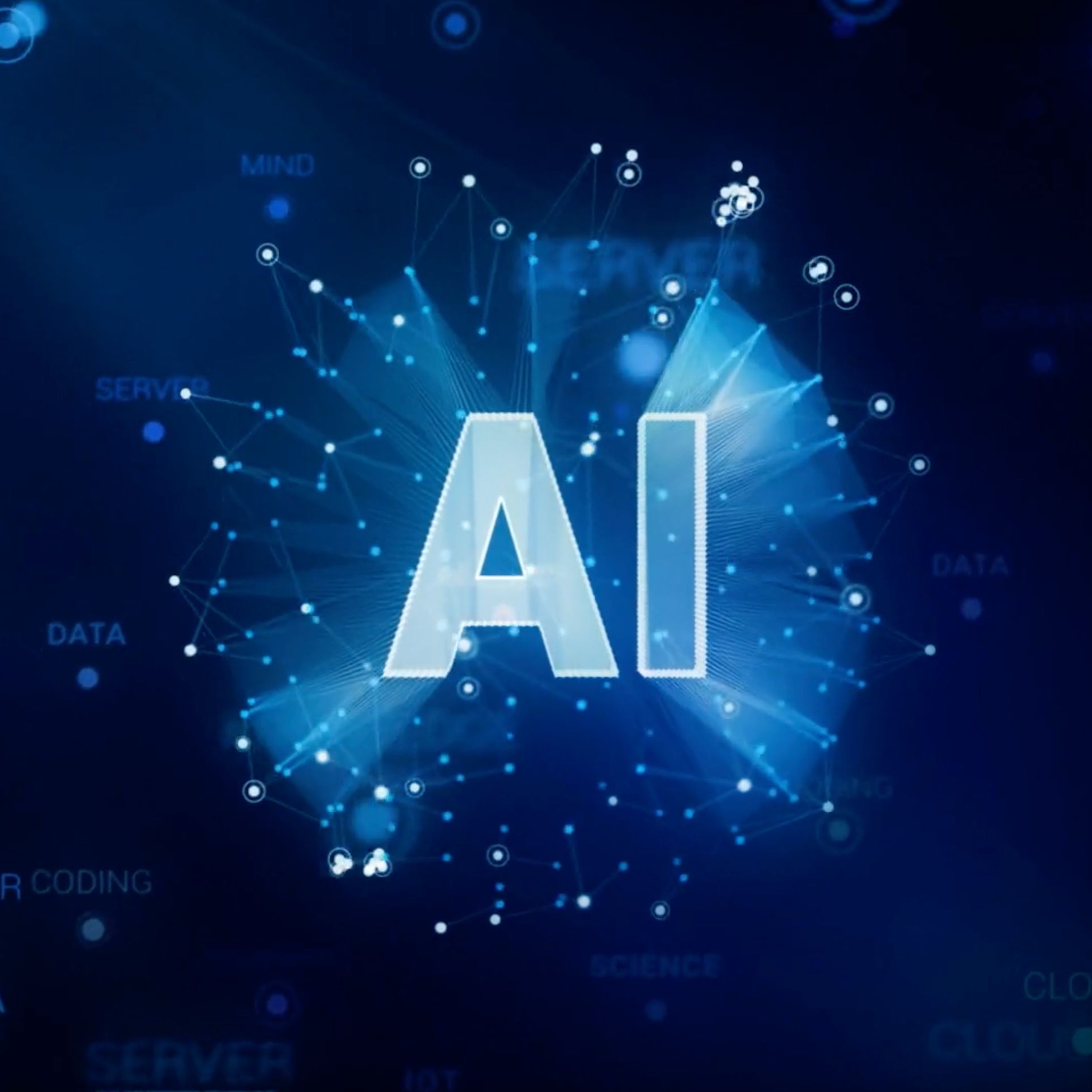
CSAIL Alliances Podcasts“Generative AI: Is it copying or creating?” Special Crossover Episode from the Click Here PodcastToday’s generative AI programs know how to write, compose music, and even create works of art. But it learned to do so by training on data made by human creators without asking their permission.
As independent artists and giant media companies bring their cases to court, the question is: will all this fundamentally change the human-AI relationship? This week’s podcast is a special crossover episode with our friends at Click Here; find out more about them here: https://therecord.media/podcast
2024-05-2024 min
CSAIL Alliances PodcastsWhat's keeping two cybersecurity researchers up at night with Srini Devadas and Vinod VaikuntanathanMIT CSAIL Professors Srini Devadas and Vinod Vaikuntanathan join the CSAIL Alliances Podcast for a conversation about cybersecurity, addressing topics from federated protocols, the importance of data-driven approaches, and how quantum computing could change the landscape. Find out more about Professor Devadas, Professor Vaikuntanathan and CSAIL Alliances here:
A transcript of this podcast is also available on the CSAIL Alliances website.
2024-05-0624 min
New Era of EngineeringHow can we build trust in artificial intelligence? – with Daniela Rus from MIT CSAIL (1/2)Academic research is driven by curiosity and the pursuit of truth, while corporate research strives to empower companies with competitive advantages and drive profits. By bridging these two worlds, innovation emerges as a powerful force that not only advances knowledge but also generates tangible business value. How can we foster collaboration between academia and industry to unlock the full potential of innovation for mutual benefit? In this second episode, Daniela Rus, Director of the Computer Science and Artificial Intelligence Laboratory (CSAIL) at MIT, and Andy Vickers, AI Chief Technology Officer at Capgemini Engineering, delve into th...
2024-04-1618 min
New Era of EngineeringHow can we build trust in artificial intelligence? – with Daniela Rus from MIT CSAIL (2/2)Academic research is driven by curiosity and the pursuit of truth, while corporate research strives to empower companies with competitive advantages and drive profits. By bridging these two worlds, innovation emerges as a powerful force that not only advances knowledge but also generates tangible business value. How can we foster collaboration between academia and industry to unlock the full potential of innovation for mutual benefit? In this second episode, Daniela Rus, Director of the Computer Science and Artificial Intelligence Laboratory (CSAIL) at MIT, and Andy Vickers, AI Chief Technology Officer at Capgemini Engineering, delve into th...
2024-04-1619 min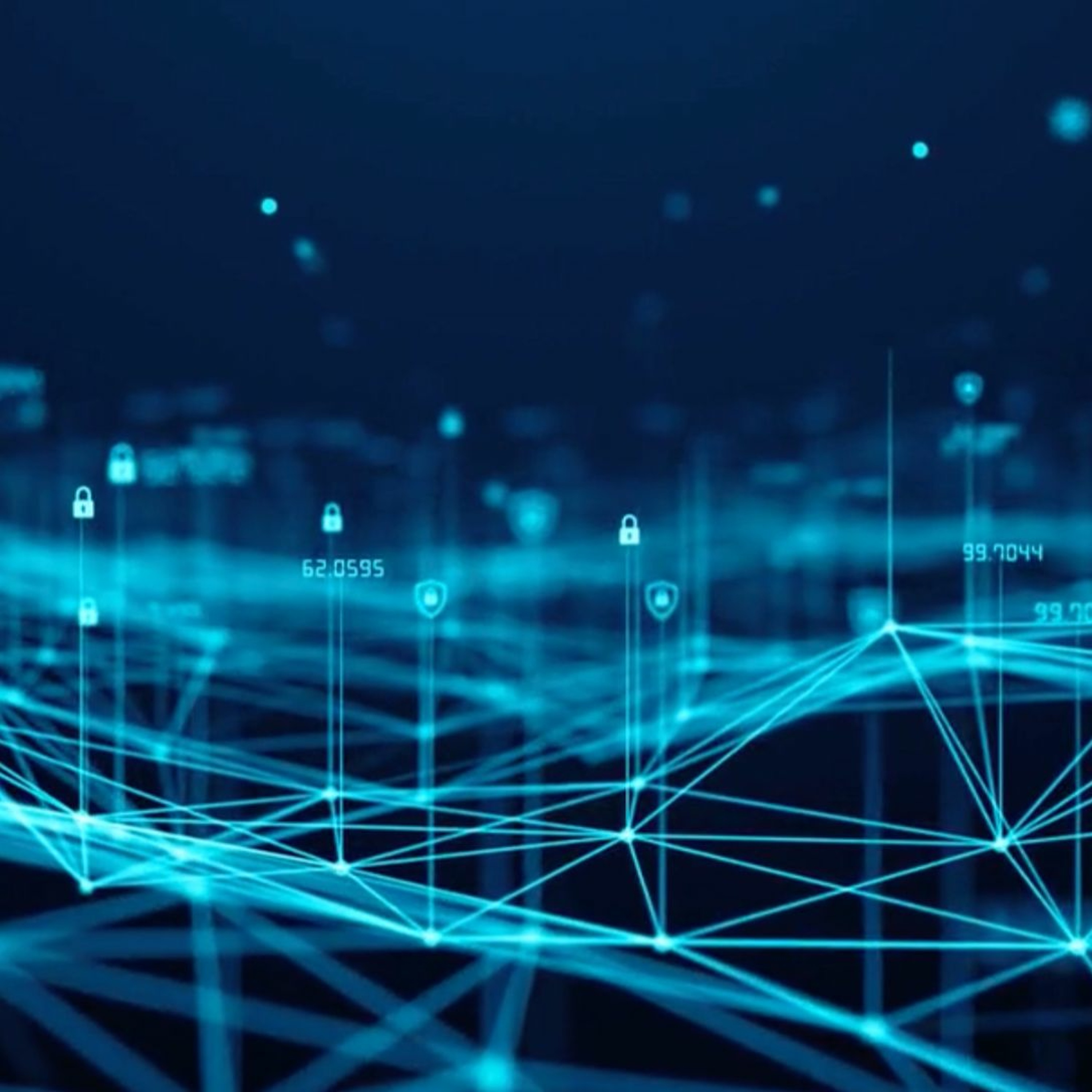
CSAIL Alliances PodcastsHow Corporate Leaders Should Think About Cybersecurity with Andy Ellis and Amy HerzogOn this episode of the CSAIL Alliances Podcast, hear from industry experts Andy Ellis (former Chief Security Officer at Akamai) and Amy Herzog (Chief Information Security Officer, Ads & Devices at Amazon) about what companies should be focused on in a changing security landscape. Ellis and Herzog discuss the role of AI, the future of security, and the importance of maintaining vigilance with existing protocols like email.
Find a full transcript of this podcast and more information at cap.csail.mit.edu
2024-04-0137 min
CSAIL Alliances PodcastsThe Heart and the Chip with Professor Daniela RusCSAIL Director Professor Daniela Rus shares insights from her new book "The Heart and the Chip." Professor Rus discusses the past, present and future of how robots shape our lives. For more information on Professor Rus' new book, and to find a full transcript of this podcast please visit cap.csail.mit.edu
2024-03-0437 min
CSAIL Alliances PodcastsHow AI will Shape the Future of Education with Hal AbelsonCSAIL Professor Hal Abelson has a long history of looking at the importance of Computer Science education and helping shape its future. Listen as he joins Kara Miller in conversation to discuss how AI will shape education moving forward.
CORRECTION: Please note, the website in the outro of the podcast should be cap.csail.mit.edu.
A full transcript of this podcast will be available at cap.csail.mit.edu
2024-02-0527 min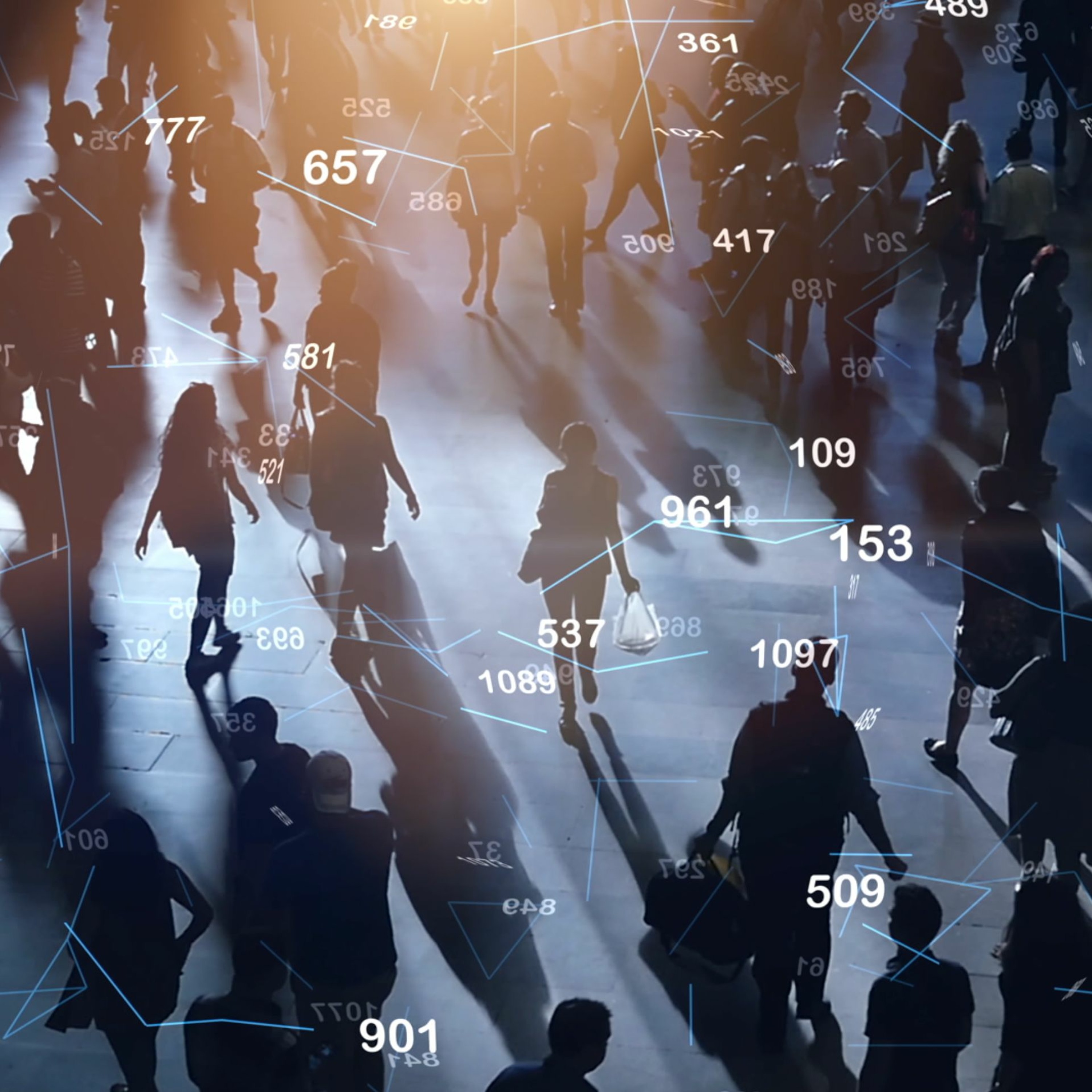
CSAIL Alliances PodcastsAI's Impact on the Future of Work with Neil ThompsonCSAIL's Dr. Neil Thompson joins Kara Miller for a conversation on how AI will affect the future of business. Dr. Thompson also shares insights into the race for computing power and how that competition is shaping the landscape of industry.
Find more about Dr. Neil Thompson and his research, as well as a transcript of this podcast at http://cap.csail.mit.edu/podcasts/ais-impact-future-work-neil-thompson.
2024-01-0134 min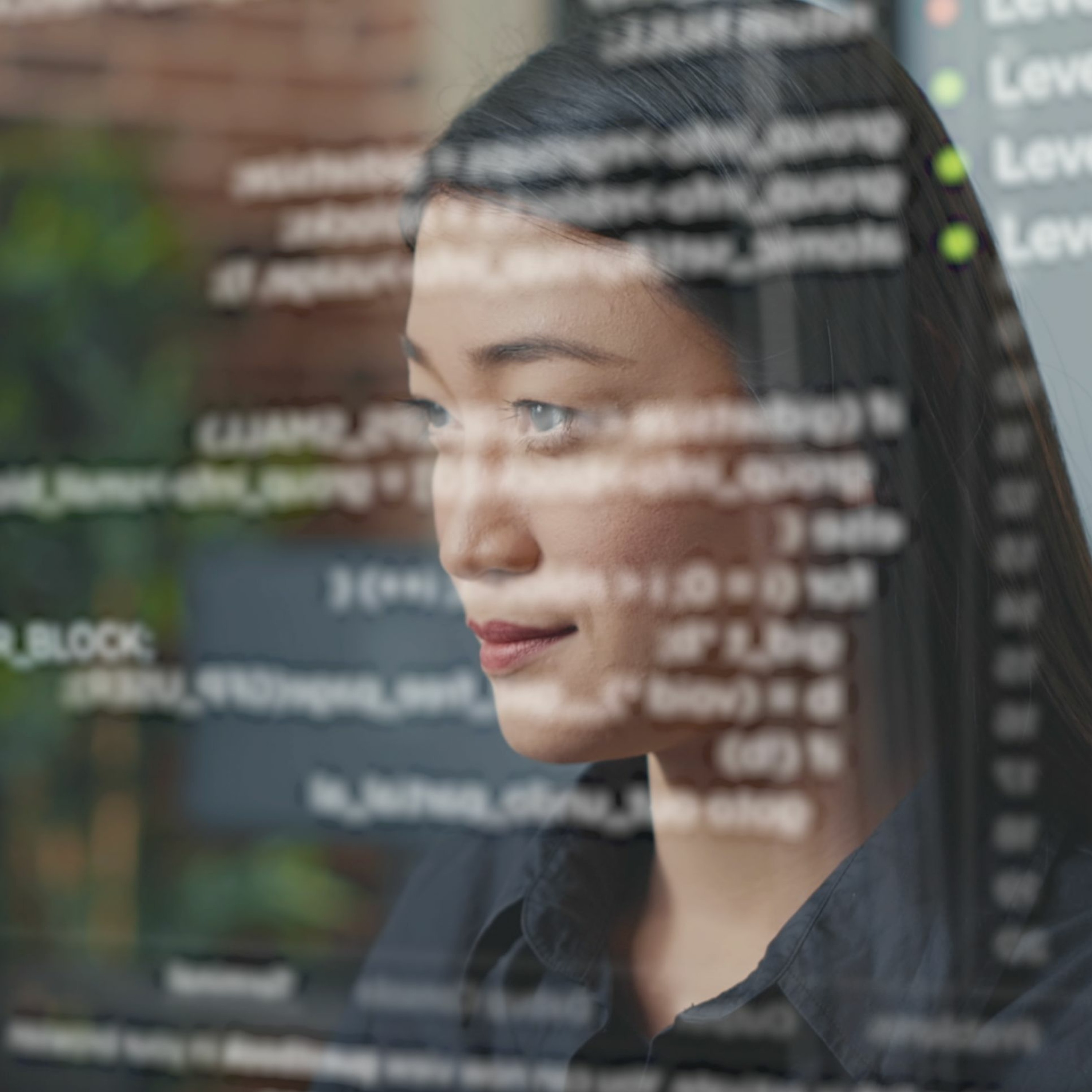
CSAIL Alliances PodcastsCombining Human and Computer Intelligence with Thomas MaloneMIT Professor Thomas Malone sits down with Kara Miller for a discussion about the intersections of business and computer science.
Find a full transcript of this podcast and more at cap.csail.mit.edu
2023-12-0433 min
CSAIL Alliances PodcastsOptimization and the End of Moore’s Law with Charles E. LeisersonMIT Professor Charles E. Leiserson discusses business, education, optimization and the end of Moore's Law with Kara Miller.
Find a full transcript of this podcast at cap.csail.mit.edu
2023-11-0626 min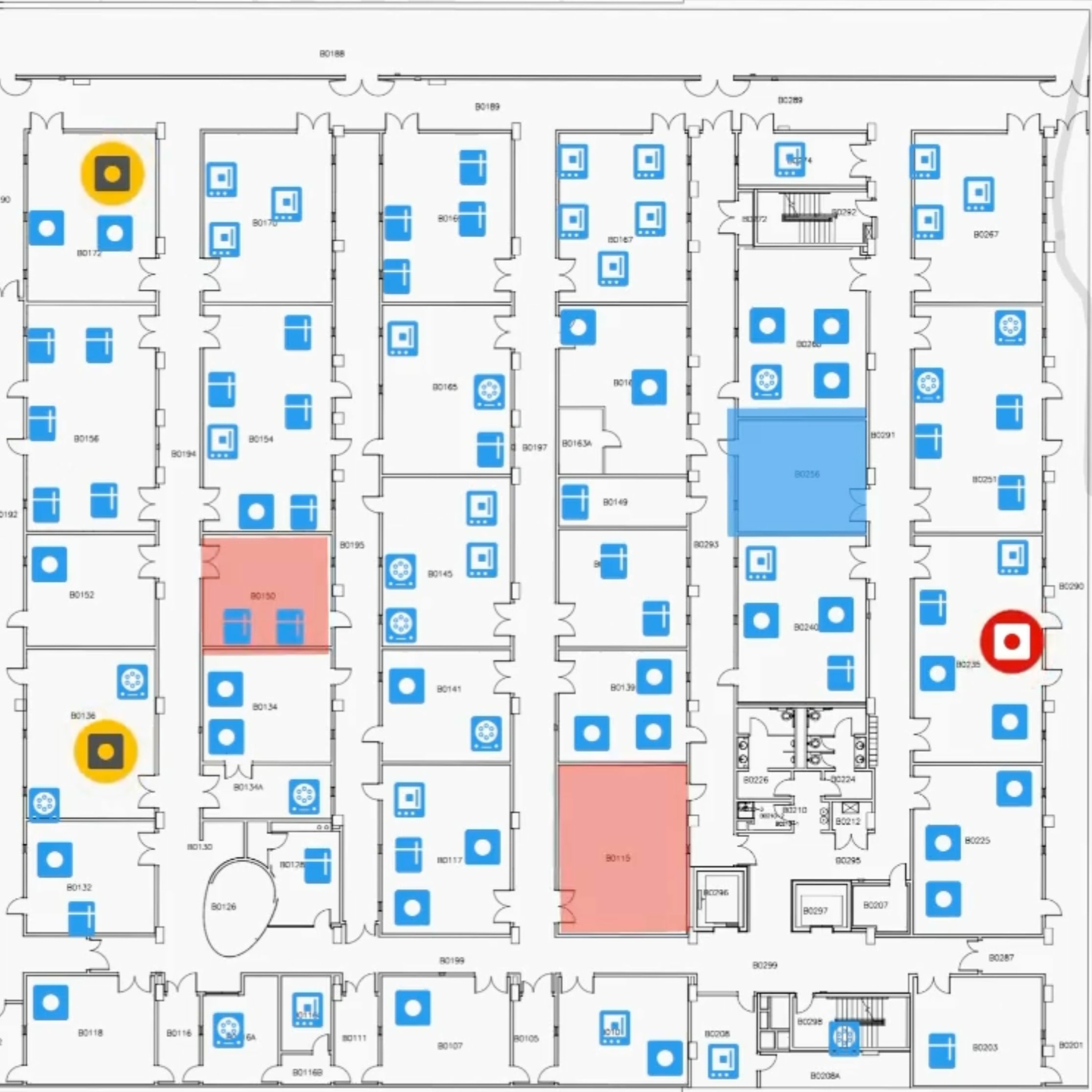
CSAIL Alliances PodcastsEvolving Research into Businesses with Turing Award winner Mike StonebrakerCSAIL Professor and Turing Award winner Mike Stonebraker sits down with Kara Miller for a conversation about research and business. They're joined by Gant Redmon, CEO of Hopara, an Agile Digital Twin company that was built at MIT CSAIL.
A full transcript of this podcast can be found at cap.csail.mit.edu
2023-10-0228 min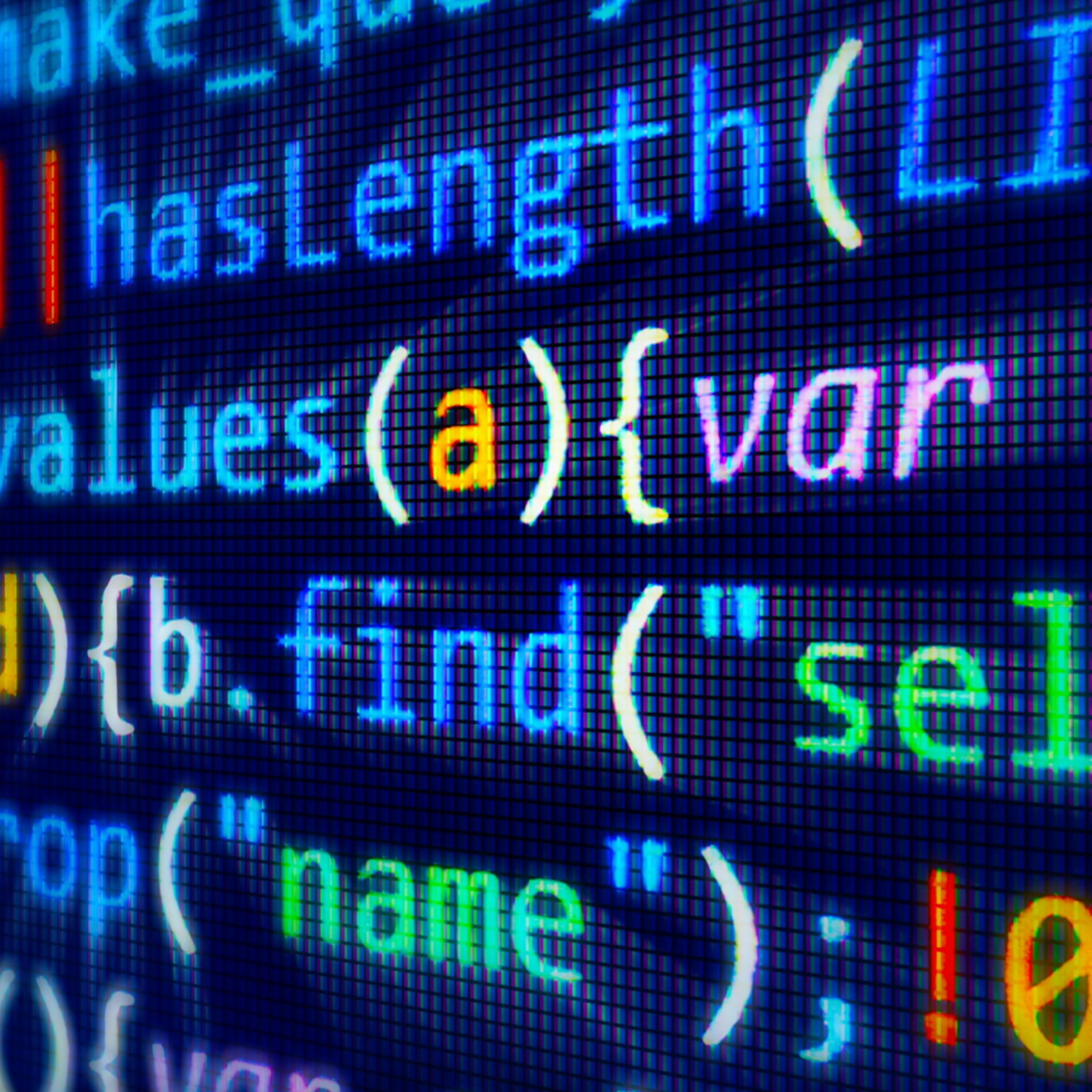
CSAIL Alliances PodcastsThe Frontier of Large Language Models with Yoon KimCSAIL Professor Yoon Kim joins Kara Miller for a conversation about the past, present and future of Large Language Models.
A full transcript of this podcast can be found at cap.csail.mit.edu
2023-09-1126 min
Pod de Engineer153: codewarsで LK-99 と RISC-V を学ぶ常温常圧超伝導物質 (?) LK-99 の話、codewars の話、xv6 の話をしました。
x86: https://github.com/mit-pdos/xv6-public
http://pdos.csail.mit.edu/6.828/
RISC-V: https://github.com/mit-pdos/xv6-riscv
https://pdos.csail.mit.edu/6.1810/2023/
https://pdos.csail.mit.edu/6.1810/2023/xv6.html
https://pdos.csail.mit.edu/6.1810/2023/xv6/book-riscv-rev3.pdf
x86_64: https://github.com/swetland/xv6
2023-08-2137 min
CSAIL Alliances PodcastsUnderstanding Large Language Models' Effects on Programming with Saman AmarasingheCSAIL Professor Saman Amarasinghe discusses how Large Language Models like Chat GPT, will alter the future of programming. Professor Amarasinghe also examines how structured data fits into the equation.
A transcript of this podcast can be found here:
cap.csail.mit.edu
2023-08-0731 min
CSAIL Alliances PodcastsThe Importance of Energy Efficiency in AI with Vivienne SzeVivienne Sze is an associate professor in MIT's Department of Electrical Engineering and Computer Science. She's a coauthor of Efficient Processing of Deep Neural Networks.
A full transcript will be available at cap.csail.mit.edu
2023-06-0528 min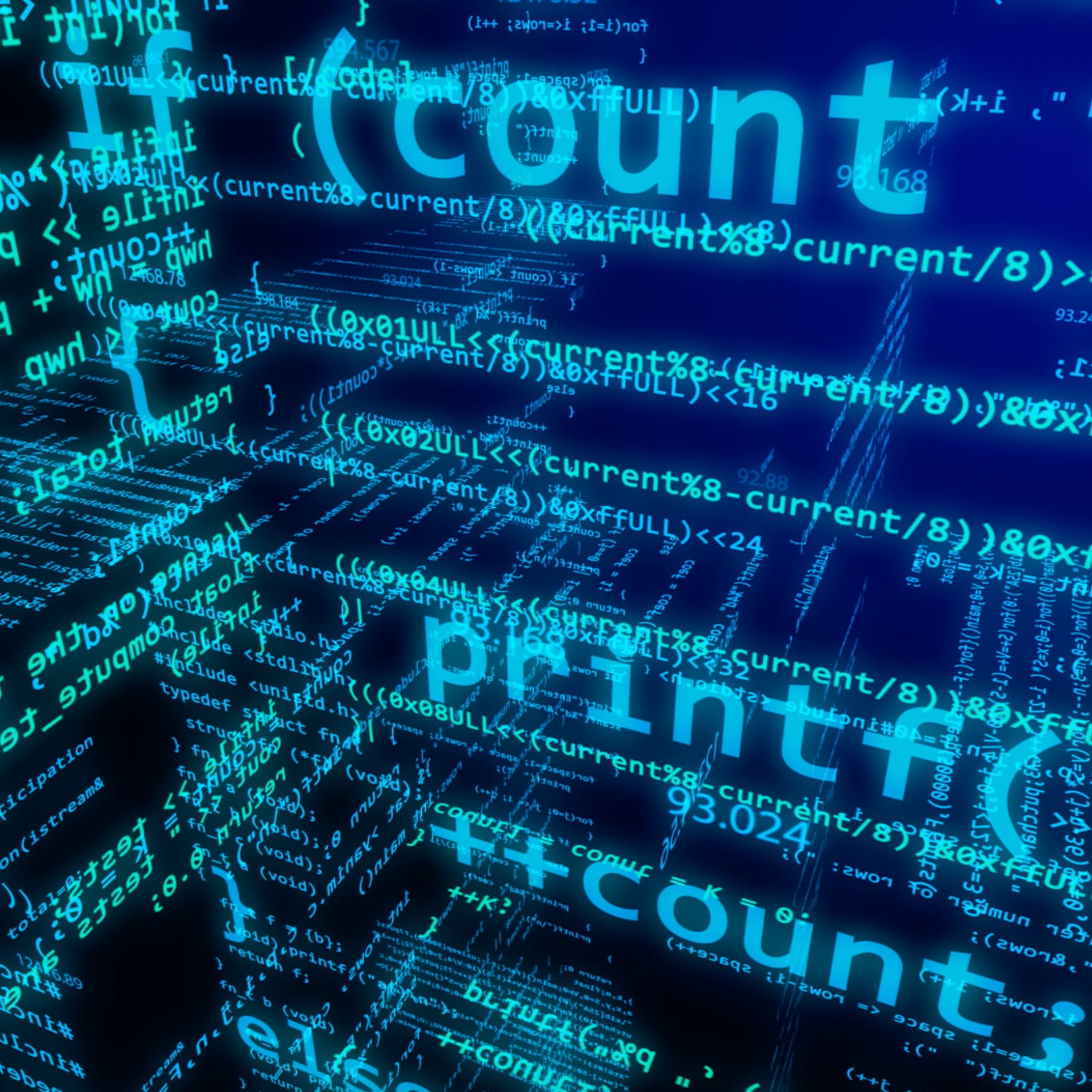
CSAIL Alliances PodcastsContemporary and Future Applications of Program Synthesis with Armando Solar-LezamaCSAIL Professor Armando Solar-Lezama shares his insights on Program Synthesis.
A full transcript of this podcast is available at cap.csail.mit.edu
2023-05-0125 min
CSAIL Alliances PodcastsCreating Change in Cloud Computing with Christina DelimitrouHear from CSAIL Professor Christina Delimitrou as she outlines advances being made in the cloud computing space.
A full transcript of this podcast will be available at cap.csail.mit.edu
2023-03-3024 min
CSAIL Alliances PodcastsProtecting Against Data Breaches Today and Tomorrow with Henry Corrigan-GibbsCSAIL Professor Henry Corrigan-Gibbs shares insights into his research that builds computer systems using ideas from cryptography, computer security, and computer systems.
A transcript of this podcast can be found at cap.csail.mit.edu
2023-03-0621 min
CSAIL Alliances PodcastsThe Future of High Dimensional Statistics with Sam HopkinsCSAIL Professor Sam Hopkins gives an overview of the landscape of high dimensional statistics, and shares some of the research that he and his colleagues at CSAIL are working on to shape it.
Professor Hopkins would like to note one correction, when he refers to the "planted clique" problem, it should be "max clique in a random graph".
A full transcript of this podcast is available at cap.csail.mit.edu
2023-02-0629 min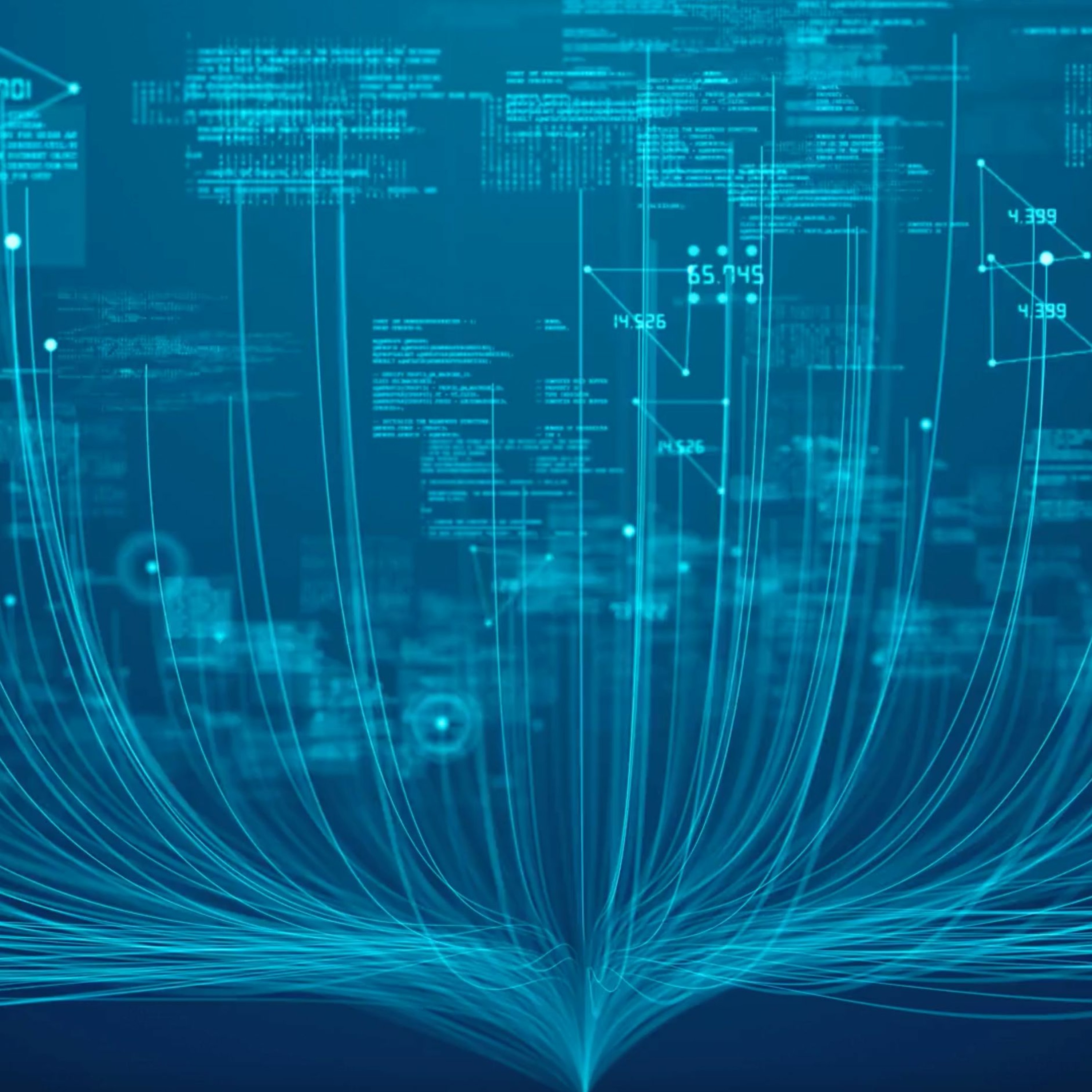
CSAIL Alliances PodcastsAddressing Computer Architecture Vulnerabilities with Mengjia YanProfessor Mengjia Yan shares insights into her cybersecurity research.
A full transcript of this podcast will be available at cap.csail.mit.edu
2023-01-1722 min
CSAIL Alliances PodcastsThe Intersection of Art and Science with Karl SimsCambridge based visual artist and MIT alumni Karl Sims shares his insights on art, science and business.
2022-12-0516 min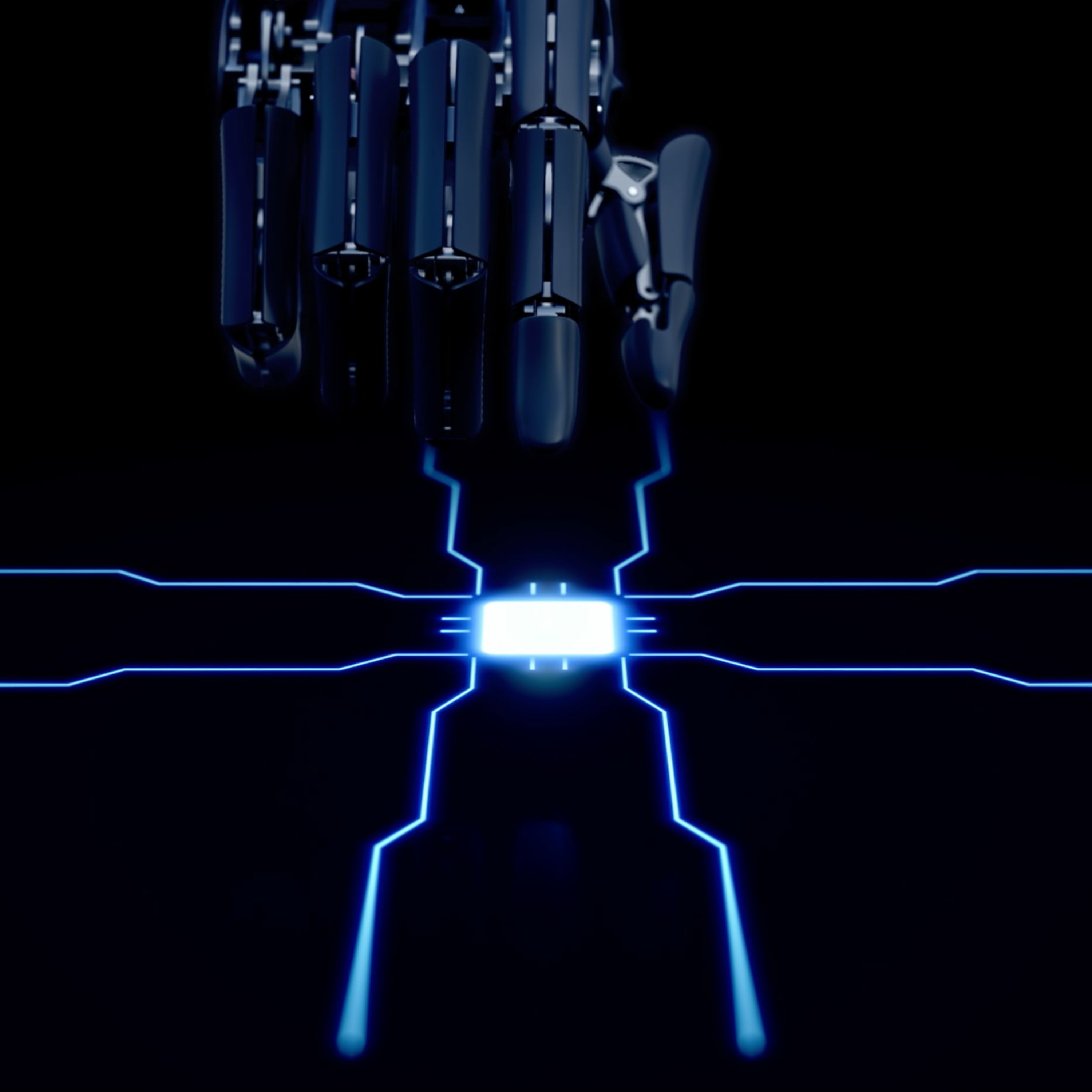
CSAIL Alliances PodcastsAn Industry Perspective on Robotics with You WuMIT PhD graduate You Wu shares insights he’s gained about robotics from his startup and time at MathWorks. You explains some of what industry and academia can do to learn from one another.
A transcript of this podcast is available at cap.csail.mit.edu
2022-11-0723 min
CSAIL Alliances PodcastsAdvantages of Near Flash Computing with ArvindCSAIL Professor Arvind details his work in near-storage computing. He explains how he's using flash storage instead of massive amounts of DRAM for big data problems.
A transcript of this podcast will be available at cap.csail.mit.edu
2022-10-0327 min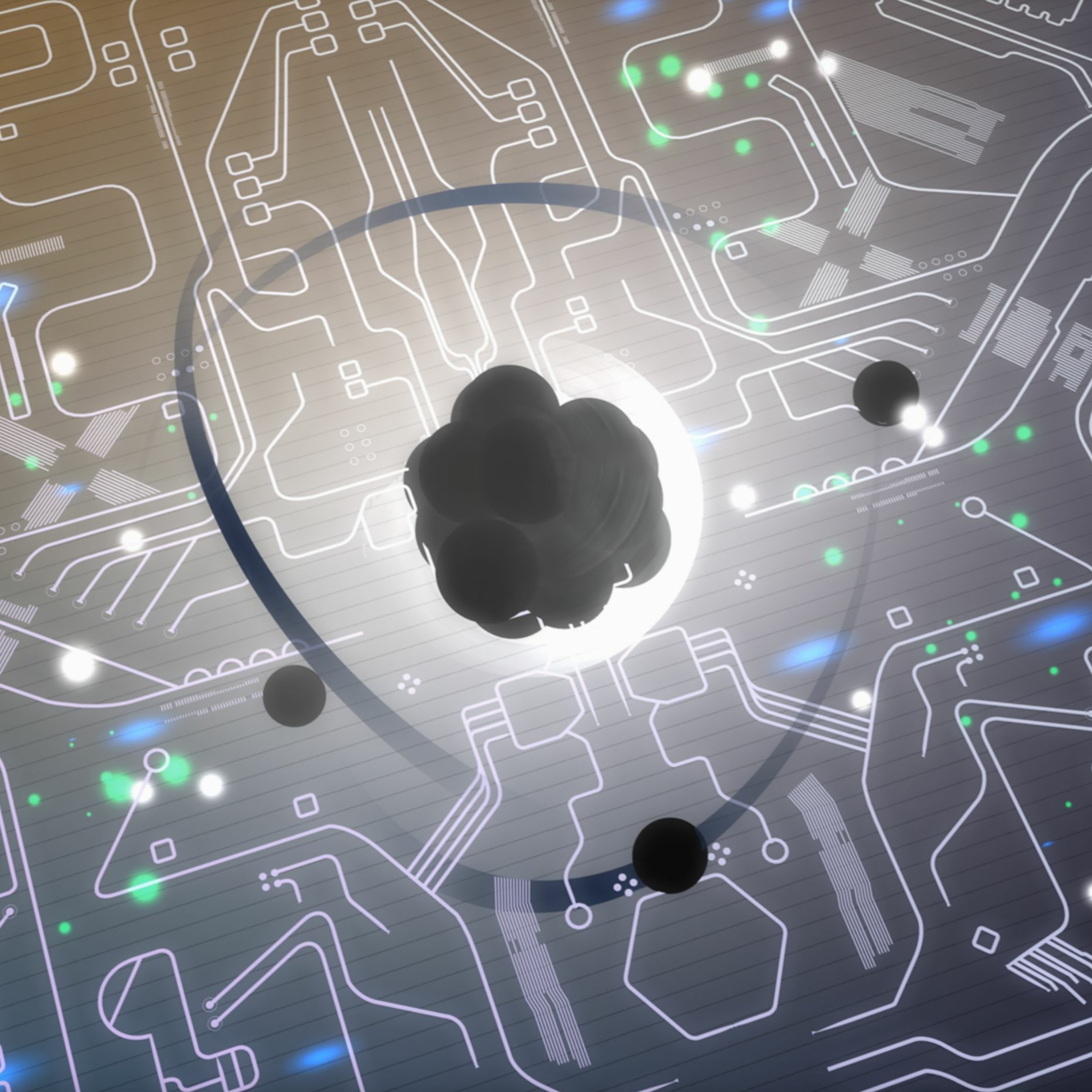
CSAIL Alliances PodcastsUnderstanding Quantum Computing with Peter Shor and Will OliverMIT Professors Peter Shor and Will Oliver join for a conversation on the current state and future possibilities of quantum computing.
A transcription for this podcast can be found at cap.csail.mit.edu
2022-09-1228 min
CSAIL Alliances PodcastsExploring Changes in Computing as Moore's Law Ends with Neil ThompsonCSAIL Professor Neil Thompson explains how the end of Moore's Law will affect the computing stack, and what industry leaders should consider when facing this problem.
Accessible captions can be found at cap.csail.mit.edu
2022-08-0819 min
CSAIL Alliances PodcastsBecoming a Flexible Programmer with Gerald Jay SussmanCSAIL Professor Gerald Jay Sussman discusses the importance of a breadth of research, lessons academia and industry can learn from each other, and how to be a flexible programmer.
Accessible captions can be found at cap.csail.mit.edu
2022-06-0628 min
CSAIL Alliances PodcastsImplementing AI in Healthcare with John GuttagCSAIL Professor John Guttag discusses the process of incorporating AI into healthcare. Guttag also talks about the process of bringing an idea out of the lab and into a full-fledged business.
2022-05-0227 min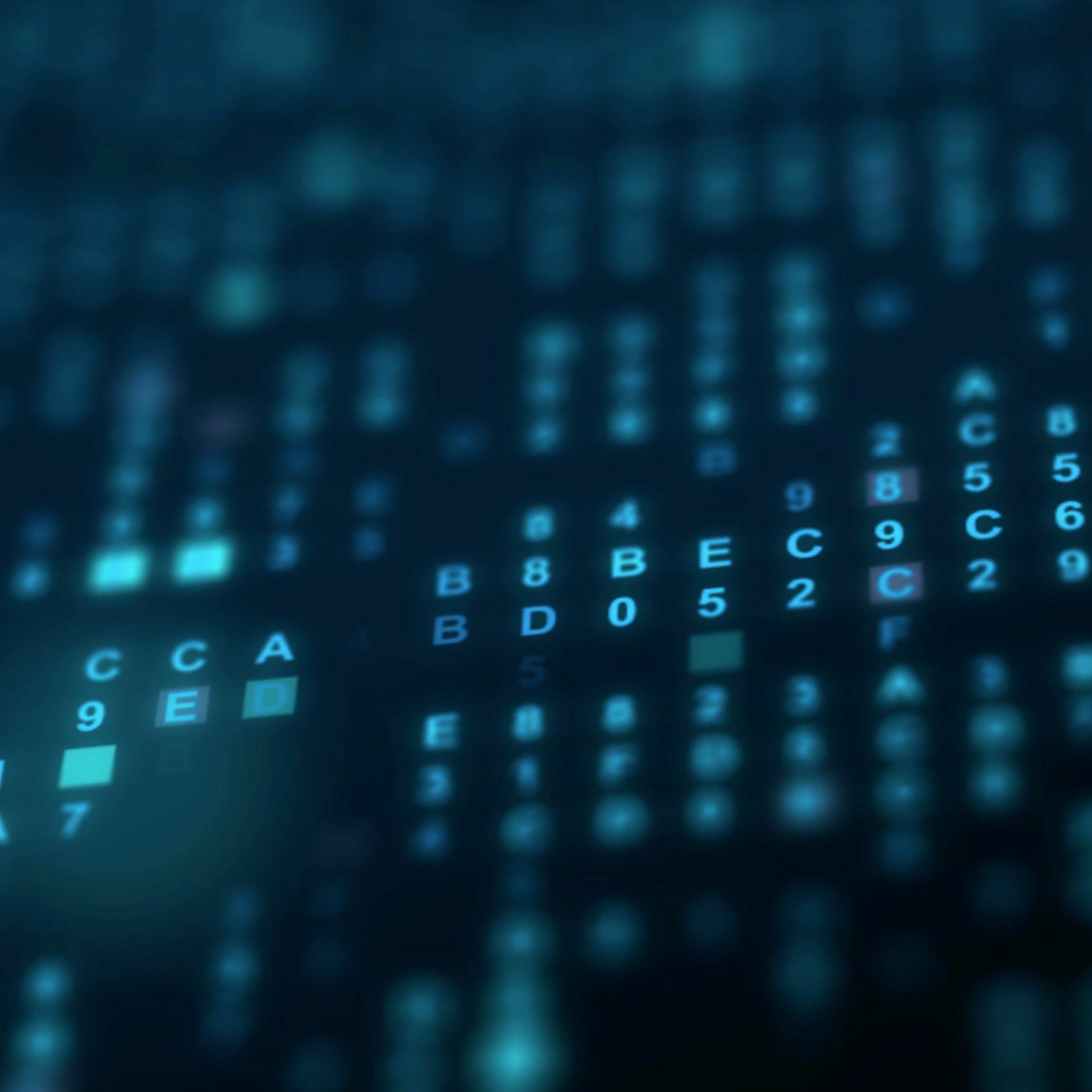
CSAIL Alliances PodcastsSeeking Deep Understanding in Machine Learning with Una-May O'ReillyCSAIL Professor Una-May O'Reilly discusses her work at the ALFA Group at MIT CSAIL and gives insights into the differences between Deep Learning and Deep Understanding.
2022-04-0416 min
CSAIL Alliances PodcastsCreating Low-Code Applications and Online Discussion Tools with David KargerCSAIL Professor David Karger discusses two of his research areas with CSAIL Alliances. He reviews his team's work on no-code and low-code authoring to help people create custom solutions to unique problems. Next, he discusses tools he's created to improve online discussions.
A transcript of this podcast can be found here:
https://cap.csail.mit.edu/sites/default/files/resource-pdfs/David%20Karger%20Podcast%20Export%201.pdf
2022-03-0738 min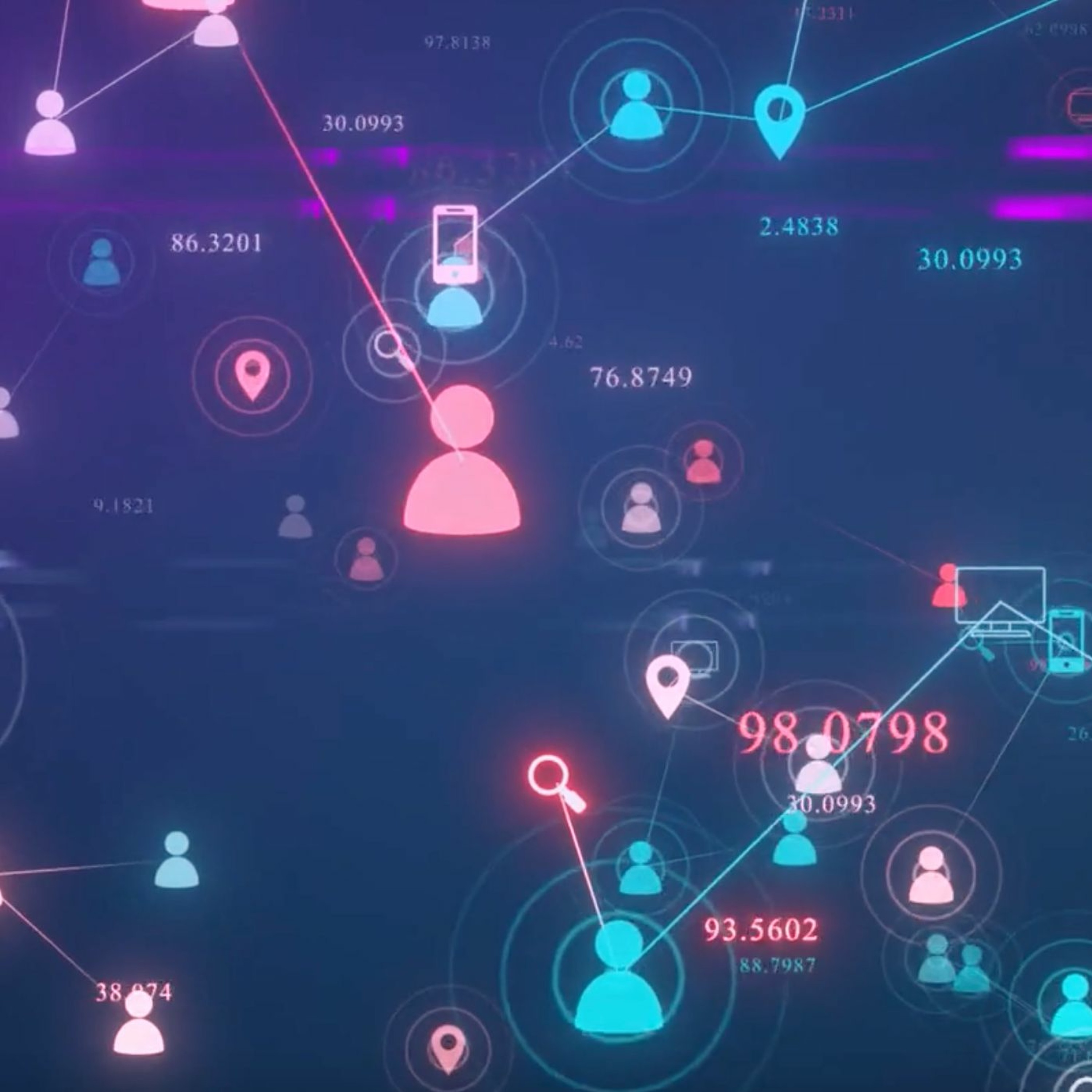
CSAIL Alliances PodcastsCountering Online Disinformation with David ClarkCSAIL's David Clark discusses the differences between misinformation and disinformation, and why the latter is a more serious threat. He also examines possible solutions to the disinformation problem.
You can find a transcript for this podcast here:
https://cap.csail.mit.edu/sites/default/files/resource-pdfs/David%20Clark%20Podcast%202022.pdf
2022-02-0737 min
CSAIL Alliances PodcastsForging the Future of Cryptography with Adam ChlipalaCSAIL Professor Adam Chlipala is working to change some of the fundamental ways we use cryptography. His latest project, Fiat Cryptography, utilizes formal methods to create complex cryptographic code to guarantee correctness. Fiat Cryptography stands to significantly change the efficiency and security of the web.
A transcript for this episode can be found here: https://cap.csail.mit.edu/sites/default/files/resource-pdfs/Adam%20Chlipala%20Podcast%20Export%201.pdf
2022-01-1026 min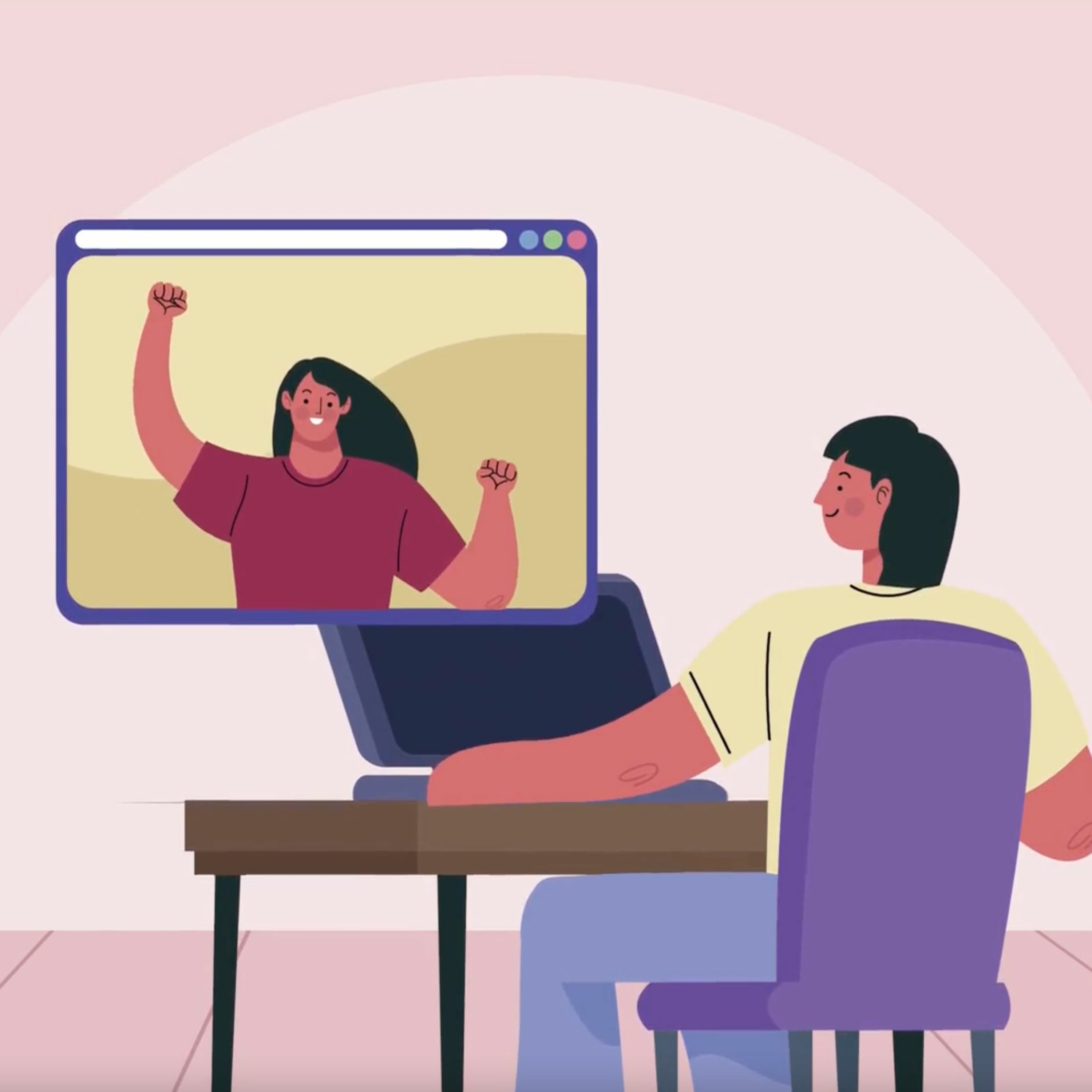
CSAIL Alliances PodcastsImproving Video Conferencing Through Vision Science with Ruth RosenholtzCSAIL Principal Research Scientist Ruth Rosenholtz discusses the rise of video conferencing throughout the pandemic. Rosenholtz shares fascinating insights from her vision science research that could help reshape how video conferencing platforms are used.
Please find a link to this podcast's transcript here: https://cap.csail.mit.edu/sites/default/files/resource-pdfs/Ruth%20Rosenholtz%20CSAIL%20Alliances%20Podcast%203.pdf
2021-12-0612 min
CSAIL Alliances PodcastsExploring the Applications of Geometric Data with Justin SolomonProfessor Justin Solomon discusses the many applications of processing geometric data including medical vision, 3D animation and autonomous vehicles. Please find a transcript for this podcast here:
https://cap.csail.mit.edu/sites/default/files/resource-pdfs/Justin%20Solomon%20Podcast%20Export%201%281%29.pdf
2021-11-0121 min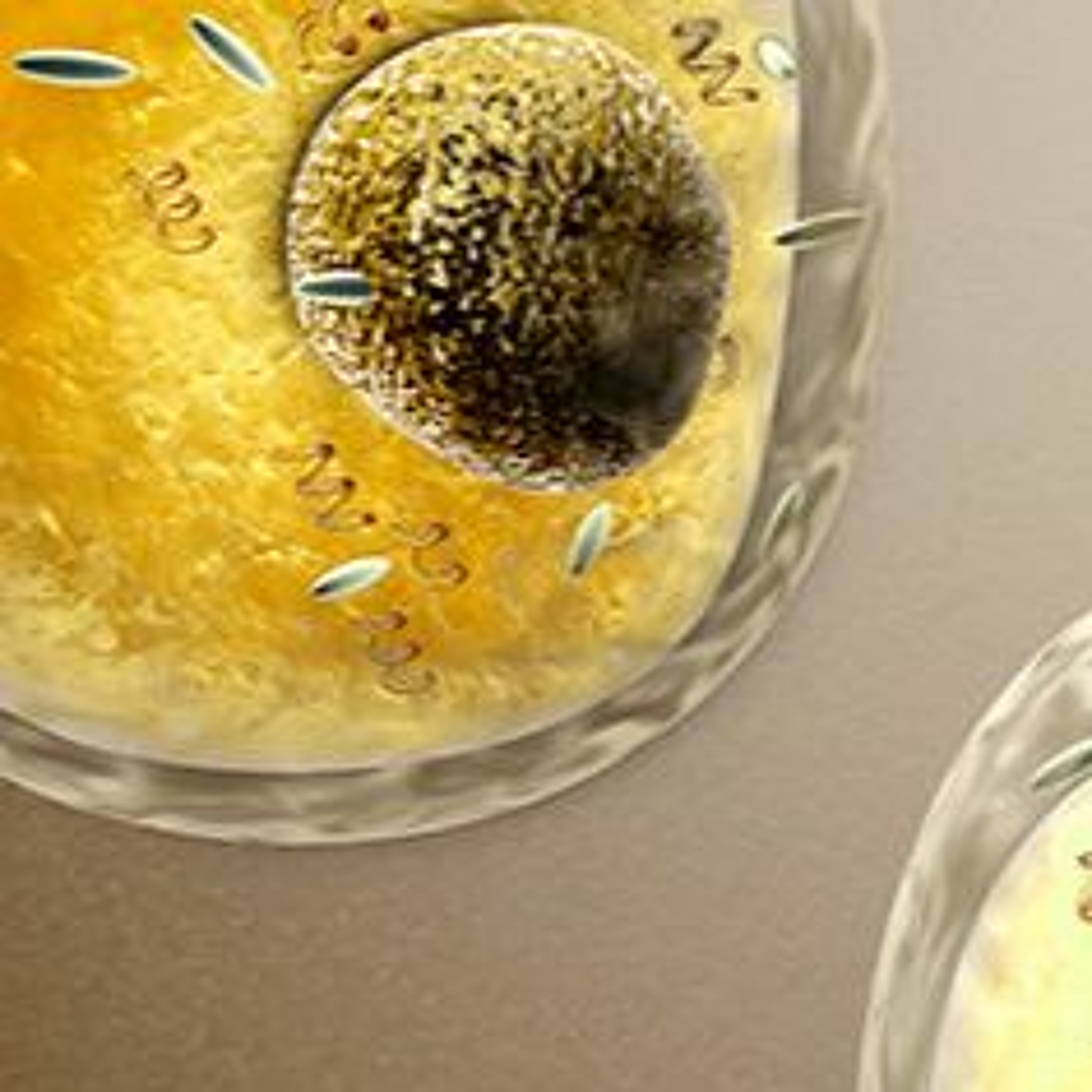
CSAIL Alliances PodcastsUnlocking Insights on Disease through Genomics with Manolis KellisProfessor Manolis Kellis of MIT CSAIL and the Broad Institute of MIT and Harvard discusses the effects COVID-19 has had on his computational biology research. Kellis believes that by being aware of genetic predispositions we can better prepare to confront each person’s unique challenges.
Access the transcript for this podcast at: https://cap.csail.mit.edu/sites/default/files/2021-10/Manolis%20Kellis%20CAP%20Podcast%20Export%203.pdf
2021-10-0447 min
CSAIL Alliances PodcastsDemocratizing data science through machine learning with Tim KraskaCSAIL's Tim Kraska is developing new autoML approaches to make analytics more accessible to a broader range of users and optimize database architecture systems for companies.
Access the transcript for the podcast at: http://cap.csail.mit.edu/sites/default/files/2021-08/Tim%20Kraska%20podcast.pdf.
2021-08-0218 min
Leaders in Pharmaceutical Business Intelligence (LPBI) Group2020 AAAI US$1M Annual Award for Societal Impact of Artificial Intelligence goes to MIT’s CSAIL Professor, Regina BarzilayThis episode is also available as a blog post: http://pharmaceuticalintelligence.com/2020/09/23/2020-aaai-us1m-annual-award-for-societal-impact-of-artificial-intelligence-goes-to-mits-csail-professor-regina-barzilay/
2021-07-0604 min
CSAIL Alliances PodcastsBuilding the Next Generation of Systems with Sam MaddenMIT Schwarzman College of Computing Professor and Cambridge Mobile Telematics founder Sam Madden discusses how far technology can be pushed into other application domains. His research explores reinforcement learning and repurposing shelf machine learning components to advance systems and solve current challenges.
Access the transcript for the podcast at: https://cap.csail.mit.edu/sites/default/files/2021-07/Sam%20Madden%20Podcast_0.pdf.
2021-06-1422 min
CSAIL Alliances PodcastsRethinking Concepts in Software Design with Daniel JacksonProfessor Daniel Jackson of MIT CSAIL is working on a number of projects to make software more usable, reliable, and secure. By rethinking the fundamentals of software design, he says that developers can ultimately give more flexibility to users in the structure and organization of software, as well as meet more user needs.
Learn more about Professor Jackson at: https://bit.ly/3paRcsm
Access the transcript for the podcast at: https://cap.csail.mit.edu/sites/default/files/research-pdfs/Daniel%20Jackson%20Podcast.pdf
2021-06-0124 min
CSAIL Alliances PodcastsClosing the machine learning gap with Jacob AndreasProfessor Jacob Andreas of MIT CSAIL is trying to close the gap between current machine learning techniques and human abilities to learn language and learn from language about the rest of the world.
Learn more about Prof. Andreas at: https://bit.ly/3vECQ5o.
Access the transcript for the podcast at: https://cap.csail.mit.edu/sites/default/files/research-pdfs/Edit%20II%20.pdf.
2021-05-0324 min
CSAIL Alliances PodcastsKeeping Software Free-form with CSAIL's Hal AbelsonAs one of the founding directors of the Free Software Foundation, CSAIL's Prof. Hal Abelson believes that free software empowers everyone to maintain the freedom to run, edit, contribute to, and share software, as well as see everything the software is doing.
Learn more about Prof. Abelson at: https://bit.ly/3fPIEEq.
Access the transcript for the podcast at: https://cap.csail.mit.edu/sites/default/files/research-pdfs/ResearcherSpotlight_HalAbelson_02_24_2021.pdf
2021-04-0533 min
CSAIL Alliances PodcastsSecuring Computation with CSAIL's Yael KalaiCryptography, the study of finding secure methods of communication, may seem to many of us as, well, cryptic. But in spite of its more theoretical and foundational nature in computing, cryptography is more important now than ever in securing private communication and other types of information that are no longer stored on our own private machines. Professor Yael Kalai of MIT CSAIL and Senior Principal Researcher at Microsoft Research New England is a cryptographer and theoretical computer scientist working on state-of-the-art ways of securing computation.
Learn more about Prof. Kalai's at: https://cap.csail.mit.edu/engage/spotlights/yael-kalai?utm...
2021-03-0126 min
CSAIL Alliances PodcastsDesigning and Using Virtuality to Better Serve UsOur new reality is increasingly one of virtuality. D. Fox Harrell, Ph.D., studies the relationship between computing and imagination for emerging forms of digital media, as well as their social and ethical impact. From videogames that better support diverse user groups to a personalized Universal Hip Hop Museum experience, his work falls into both the design and analysis of virtual technologies. Prof. Harrell and his research group in MIT CSAIL build analytical tools using AI identifying trends and biases and developing new design principles we can apply to our work in industry and academia.
Learn more about Prof. Harrell's...
2021-02-0119 min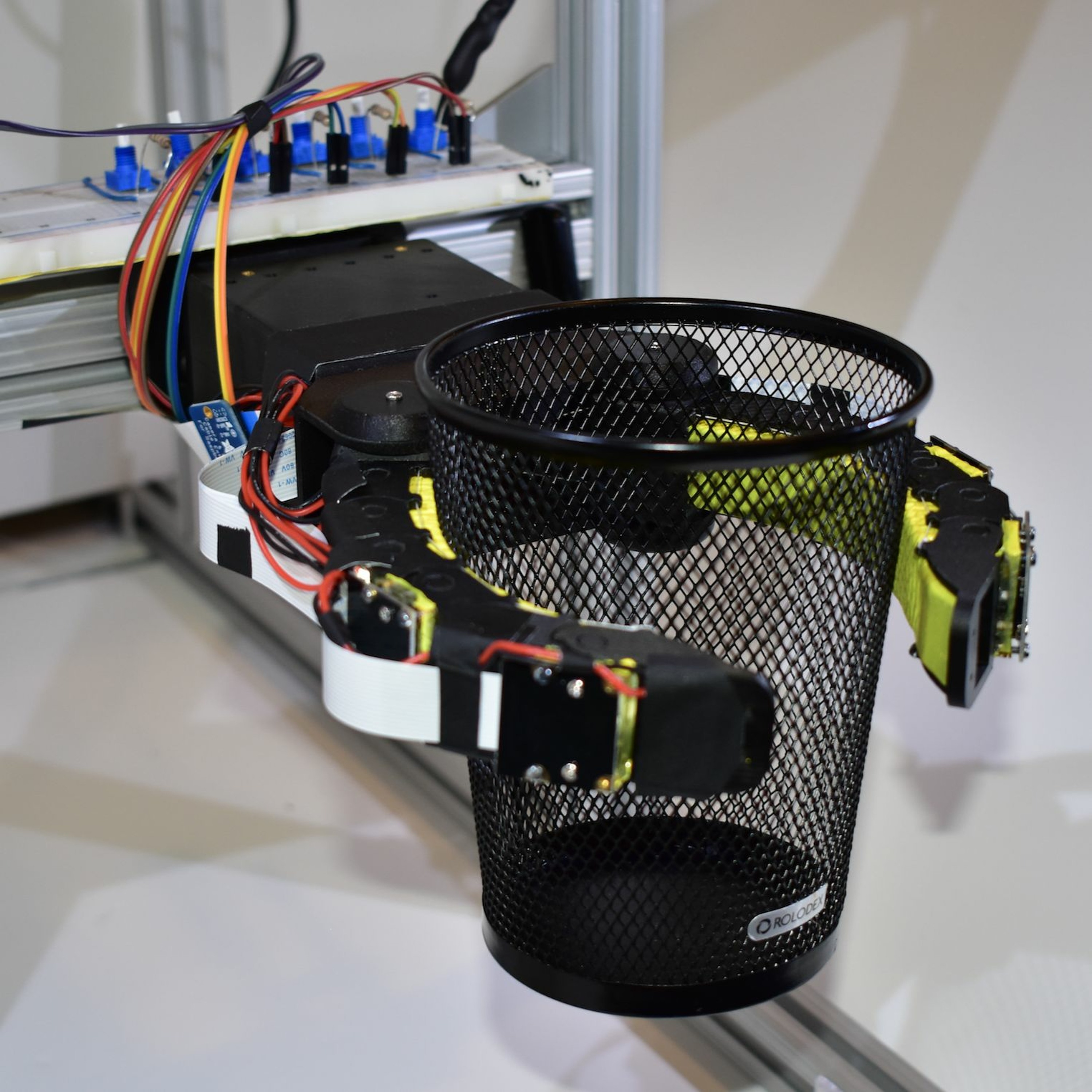
CSAIL Alliances PodcastsEnabling Robots to Complete Tasks on a Human LevelIf we want robots to assist us with everyday tasks, they’ll need to be able to manipulate objects on a human level. To do that, they need good fingers. Professor Ted Adelson of MIT CSAIL is developing robotic fingers that are sensitive and soft like human fingers, enabling robots to use their hands intelligently to accomplish chosen tasks. Read more about Ted Adelson at: https://cap.csail.mit.edu/engage/spotlights/ted-adelson?utm_source=soundcloud&utm_medium=social%20media&utm_campaign=spotlight_ted_adelson
Access the transcript for the podcast at: https://cap.csail.mit.edu/sites/default/files/re...
2021-01-1219 min
CSAIL Alliances PodcastsMoore's Law Momentum with CSAIL's Saman Amarasinghe“If we want to keep the Moore’s Law momentum going in computing, we have to do something different,” says CSAIL Professor Saman Amarasinghe, whose work with compilers is making them faster, more reliable, and more efficient. He discusses using new technologies like machine learning and modern algorithms and solvers to optimize code and get the performance needed to keep up with the rapid changes happening in industry. For more information, visit: https://cap.csail.mit.edu/engage/spotlights/saman-amarasinghe?utm_source=soundcloud&utm_medium=social%20media&utm_campaign=saman_amarasinghe_spotlight
Access the transcript for the podcast at: https://cap.cs...
2020-11-3030 min
CSAIL Alliances PodcastsUnderstanding the Science of Disease Through Human Genome Research with Manolis KellisMIT CSAIL Professor Manolis Kellis discusses how the symbiotic relationship between computer science and biology helps us to better understand the complex programming language that is our DNA. Through DNA, we can find the molecular basis of the pathophysiology of a disease and take a more holistic approach to disease treatment, and one day may even predict disease. He explains the impact of human genome and epigenome research on the pharmaceutical industry in developing medicine that is both precise and personalized, dramatically transforming the therapeutic landscape.
Manolis Kellis
Principal Investigator, MIT CSAIL, Professor of Computer Science, Computational Biology Group leader
...
2020-02-271h 05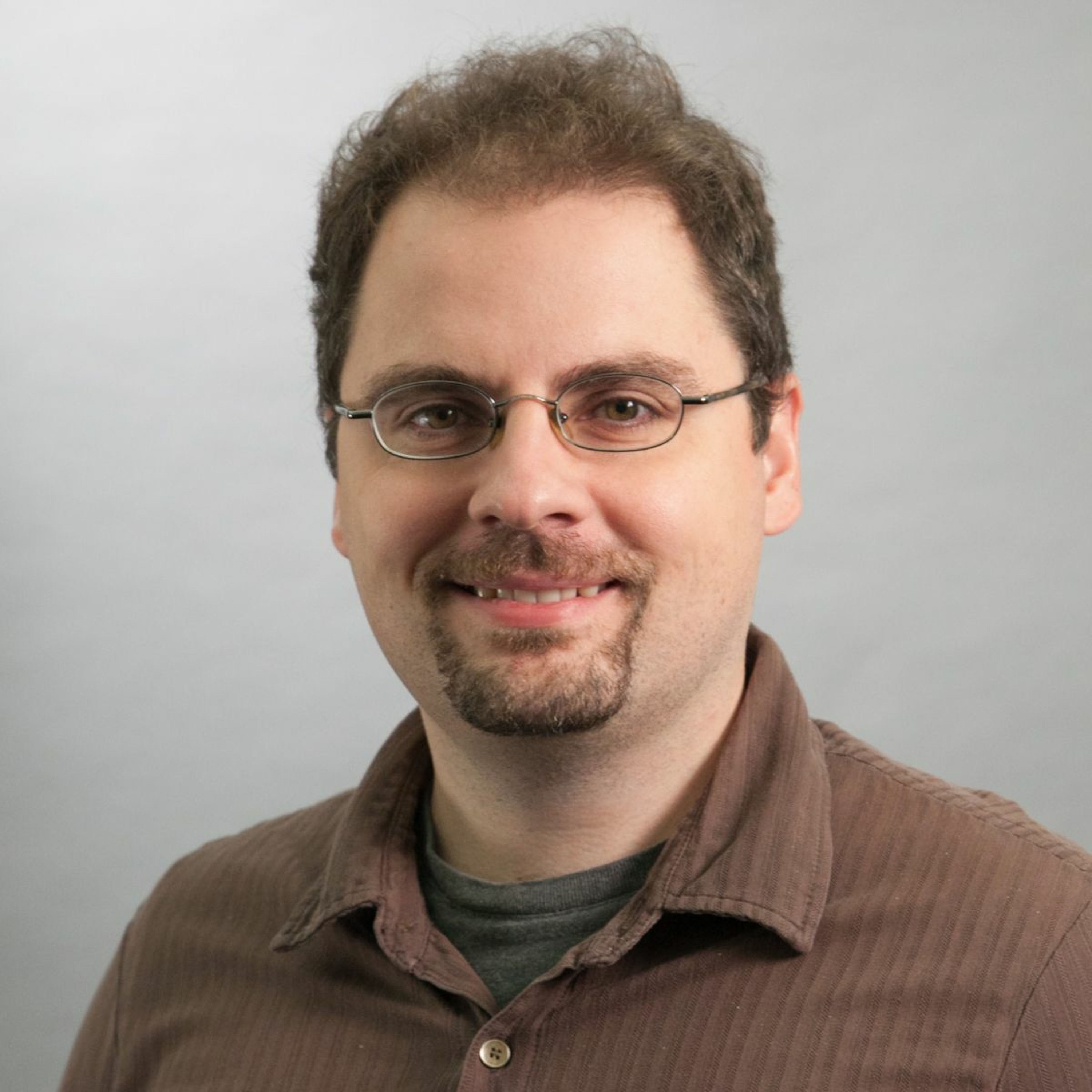
CSAIL Alliances PodcastsMachine Learning and Algorithmic Challenges with Aleksander MadryAleksander Madry, Associate Professor at CSAIL, tackles key algorithmic challenges in today’s computing as part of his work in the Theory of Computation Group at CSAIL. His work is described as re-thinking machine learning from the perspective of security and robustness. Madry discusses the evolution of the human and machine interaction and provides insight on adoption of M/L systems over the next few years.
2019-04-0119 min
Wellness Speaks PodcastEpisode 036: Wellness Speaks With Dr. Stephanie Seneff about GlyphosateDr. Stephanie Seneff is a Senior Research scientist at MIT's Science and Artificial Intelligence Laboratory in Cambridge, MA. She holds BS from MIT in biology as well as a PhD from MIT in electrical engineering and computer science. Her recent research has focused on the impact of toxic chemicals on micronutrient deficiencies in health and disease, with a special emphasis on the pervasive herbicide glyphosate, also known as Roundup, and its effect on sulfate molecules in the body. She has authored over 30 peer-reviewed journal papers on these topics.MIT Web Site: http://people.csail.m...
2019-03-311h 06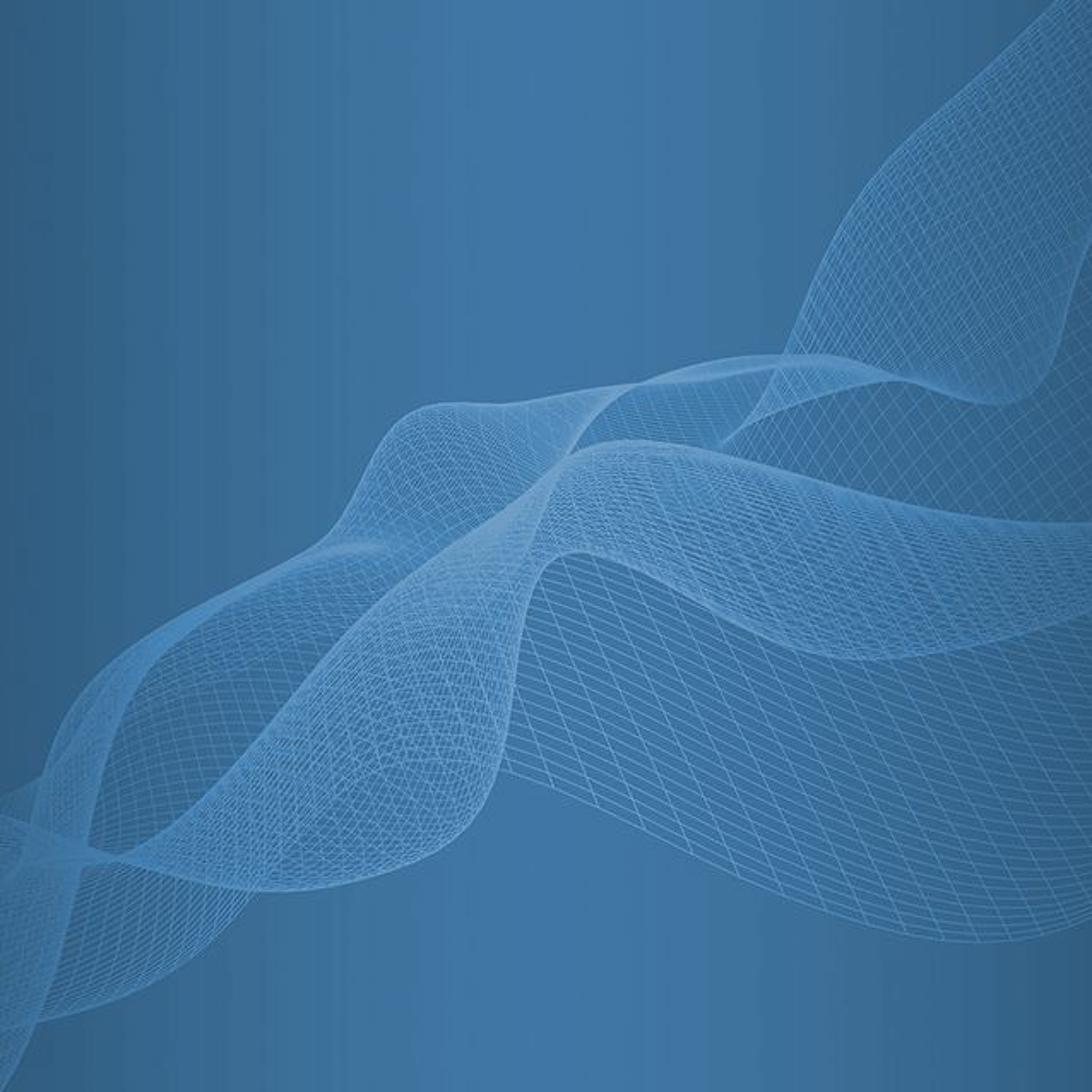
CSAIL Alliances PodcastsDesigning the Internet of the Future with David ClarkAre we even sure what the internet is today? One of the original architects of the internet, David Clark, Senior Research Scientist at CSAIL, talks about shaping the future of the internet, the potential challenges and what it could become.
2019-01-2241 min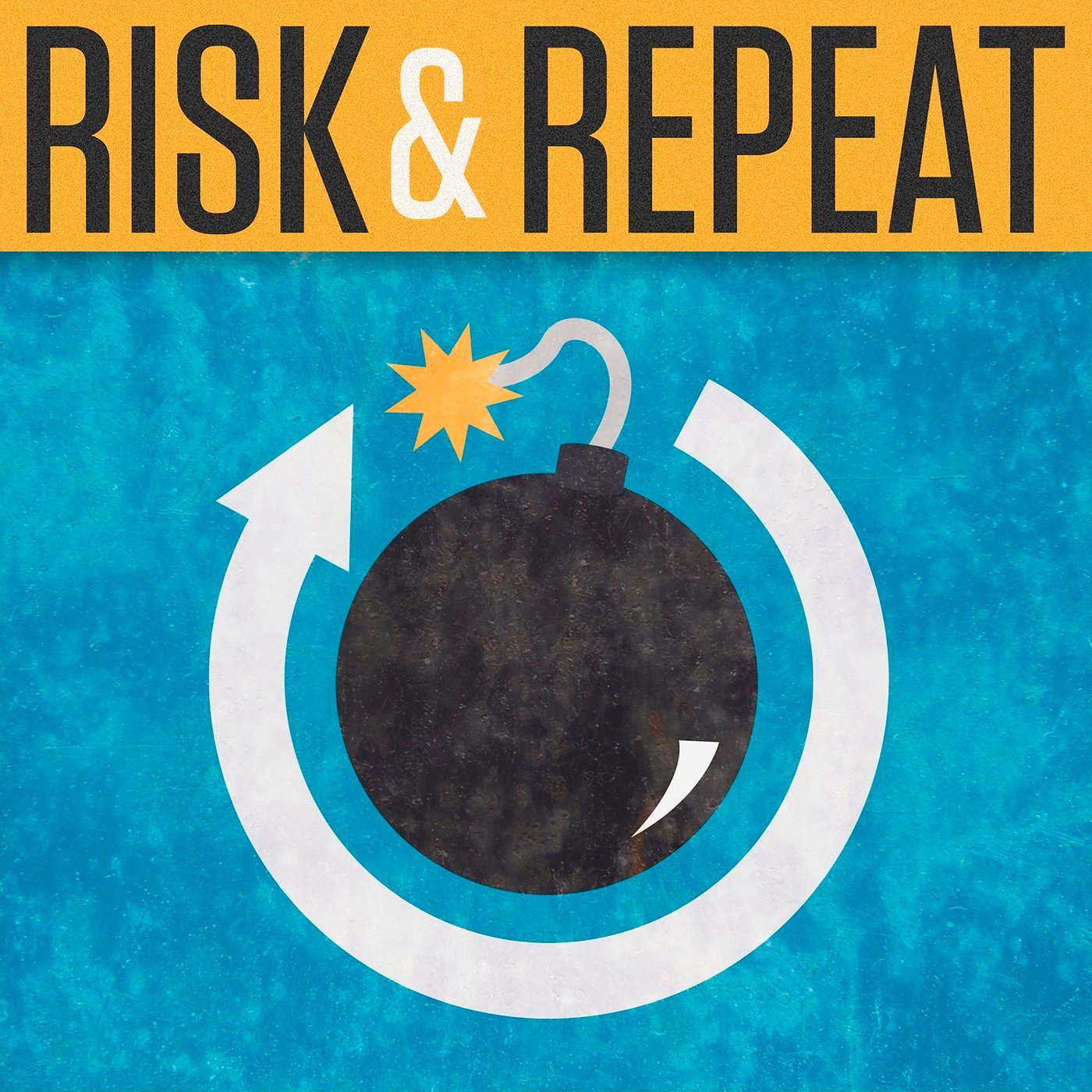
Risk & RepeatRisk & Repeat: MIT CSAIL discusses securing the enterpriseThis week's Risk & Repeat podcast discusses the MIT CSAIL Securing the Enterprise conference and how experts there advocated for new strategies and approaches to infosec.
2018-11-0800 min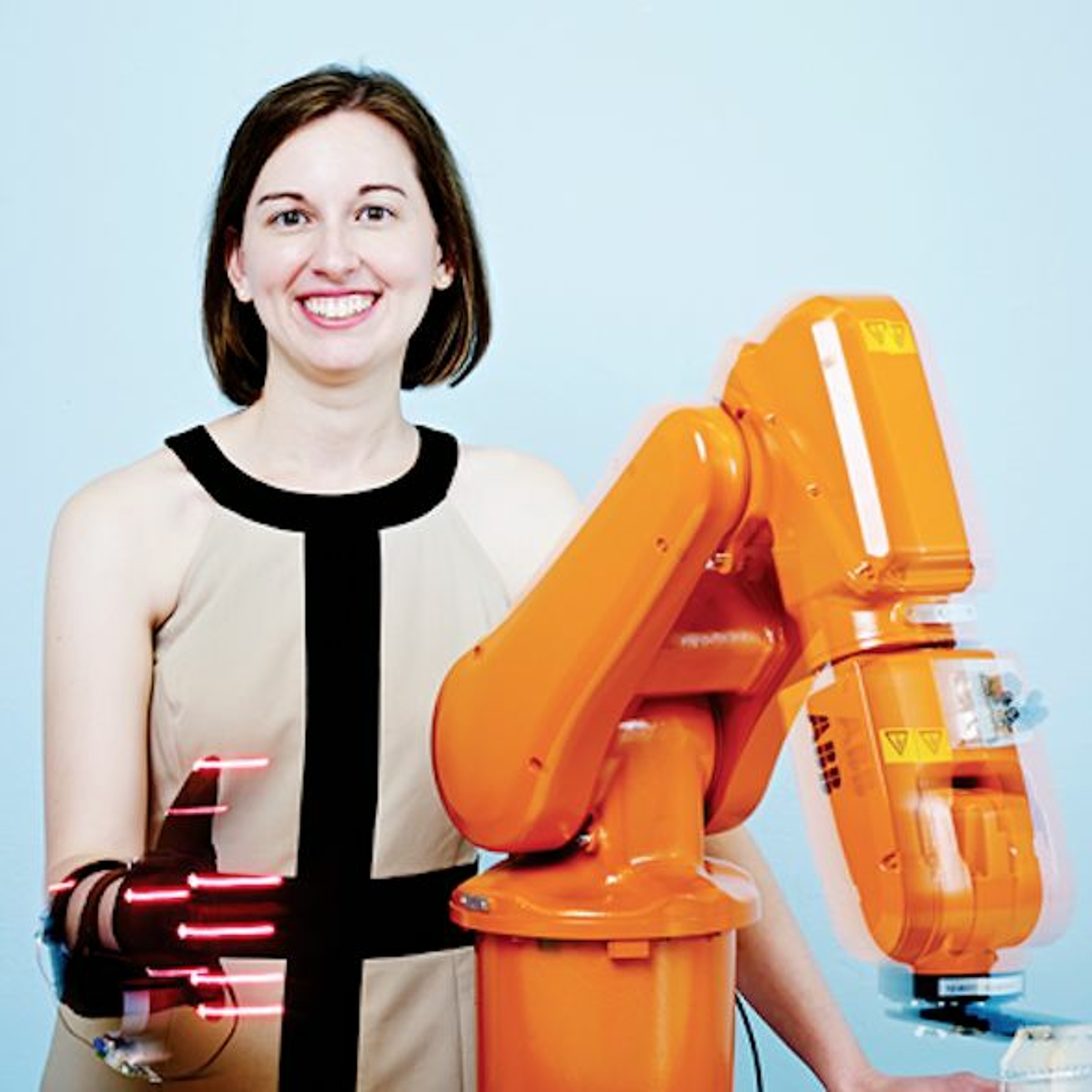
CSAIL Alliances PodcastsHumans and Intelligent Machine Support through Robotics and Automation with Julie ShahJulie Shah discusses the challenges and successes of designing and employing intelligent design teammates that aim to enhance human productivity in descion-making and physical tasks through using reverse engineering methods and computational models. She shares how research is exposing robots to building skills that allow them to infer and anticipate their human counterpart's next move and motives within a given situation and the flexibility to adapt and adjust outside of predetermined plans.
2017-03-2115 min
CSAIL Alliances PodcastsThe Intersection of Finance, Cryptography and AI with Andrew LoAndrew Lo, Charles E. and Susan T. Harris Professor at MIT Sloan School of Management, and Director of MIT Laboratory for Financial Engineering, shares insight into the collaborative research efforts of MIT CSAIL and MIT Sloan School of Management within the three distinct areas of crytopgraphy, machine learning and AI, as well as discusses the progress of blockchain technology and cryptocurrency. He also offers a glimpse into the future of banking and finance and reveals the emerging technology of secured multi-party computation.
2017-02-0315 min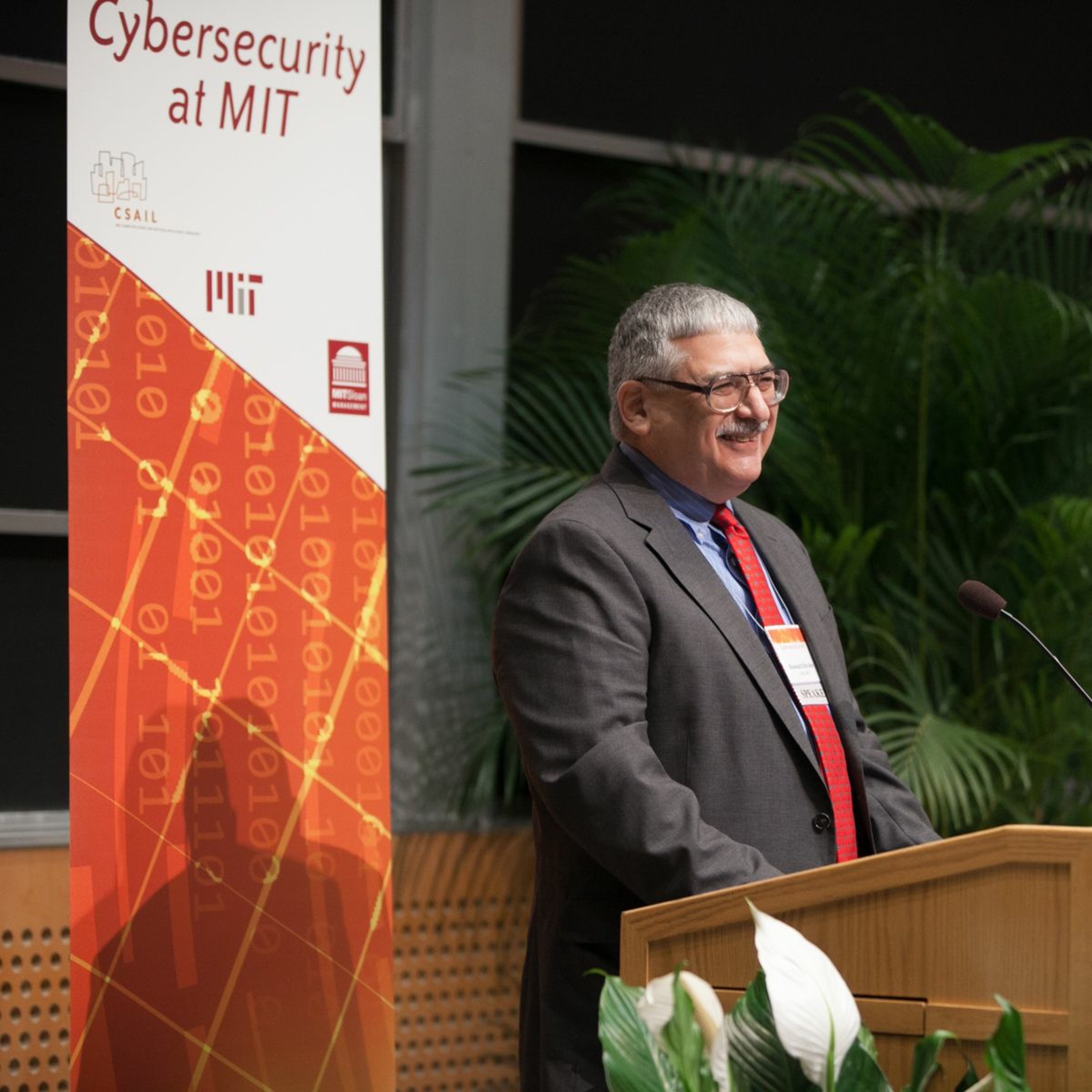
CSAIL Alliances PodcastsCybersecurity Challenges and How They Impact IOTMIT CSAIL's Howard Shrobe, Director of the Cybersecurity@CSAIL initiative, discusses what led him to become involved in the industry of Cybersecurity, his experience with DARPA, and creating the cybersecurity programs of CRASH and MRC. Additionally, he shares insights as to the biggest challenges in cybersecurity today and how these challenges effect the development of the Internet of Things.
2016-08-0816 min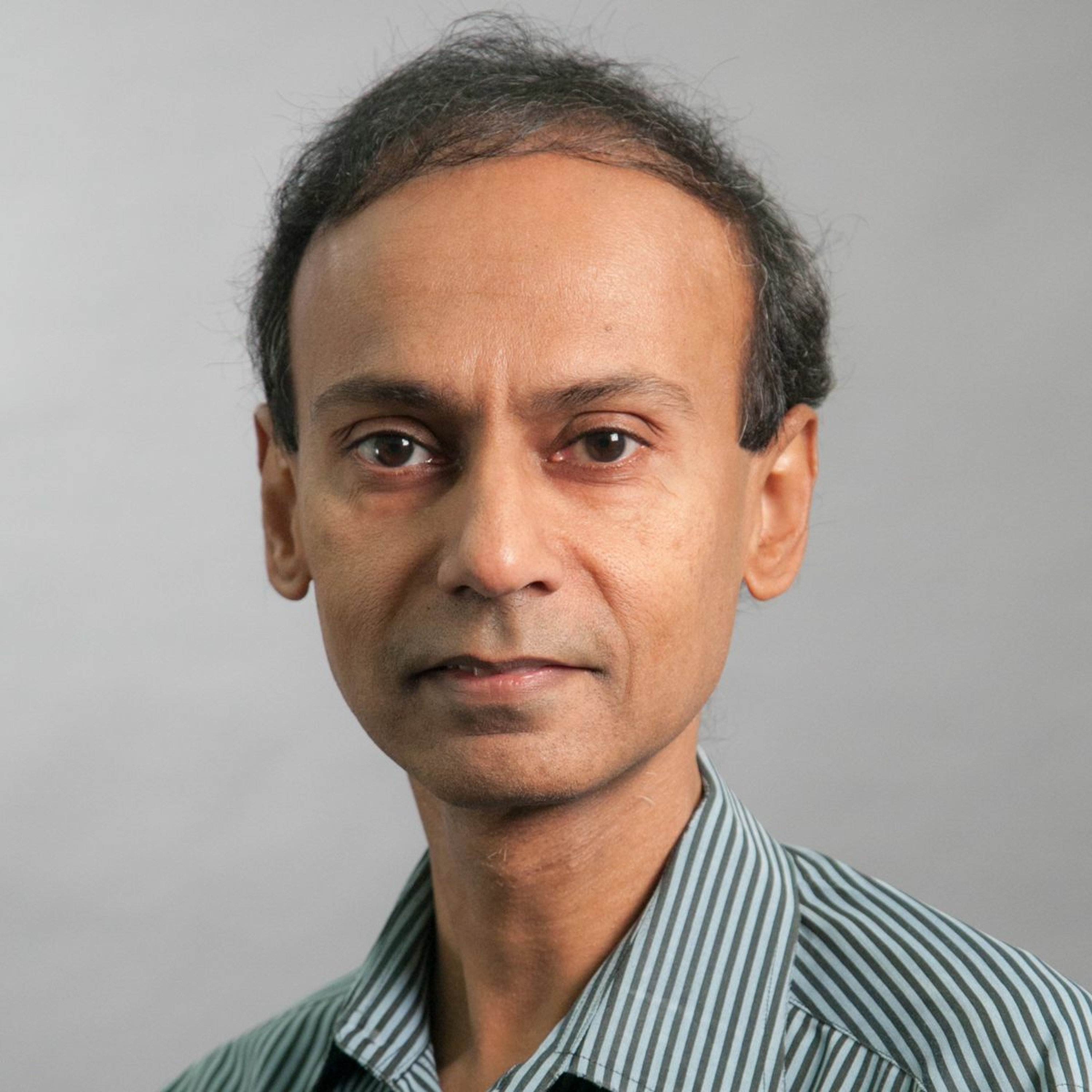
CSAIL Alliances PodcastsParallel Software and Anonymizing Networks with MIT CSAIL's Srini DevadasMIT CSAIL professor Srini Devadas describes computer architecture, computer security and their intersection. He gives further insight into the conflict between ease of programming and performance and the communication between these threads through parallel software, such as message passing or shared memory abstraction (e.g. Google Docs).
2016-07-0519 min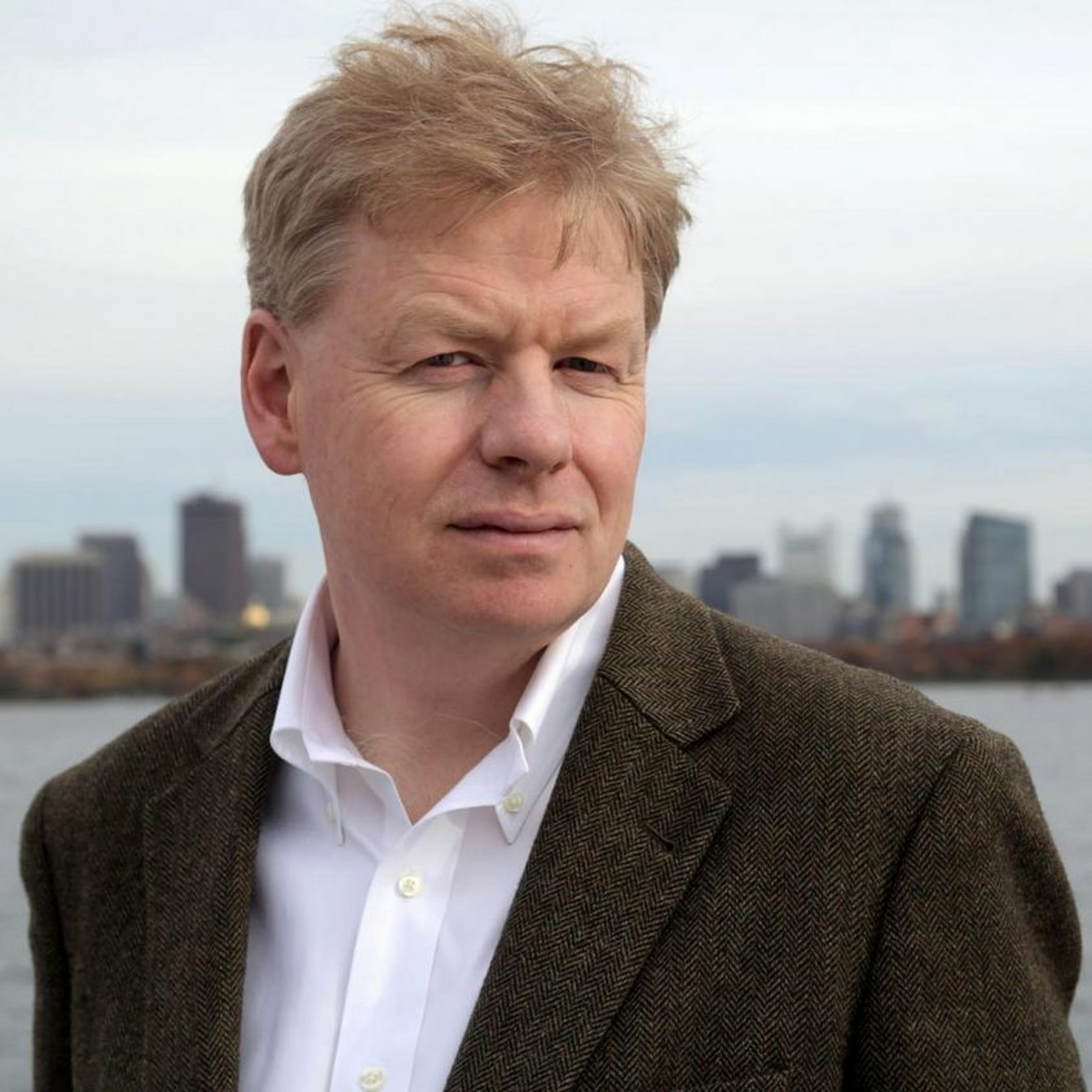
CSAIL Alliances PodcastsInternet of Things with MIT CSAIL's John LeonardWhile the promise of the Internet of Things (IoT) brings many new business prospects, it also presents significant challenges ranging from technology architectural choices to security concerns. The concept of Internet of Things (IoT), which has roots at MIT, has begun to make an impact in industries ranging from industrial systems to healthcare. MIT researchers continue to conduct ground-breaking research on topics ranging from RFID to cloud technologies, from sensors to the World Wide Web. Learn cutting-edge tools and applications for this new evolution in hardware, software, and data from MIT's Computer Science and Artificial Intelligence Laboratory's IoT experts: http...
2016-03-3112 min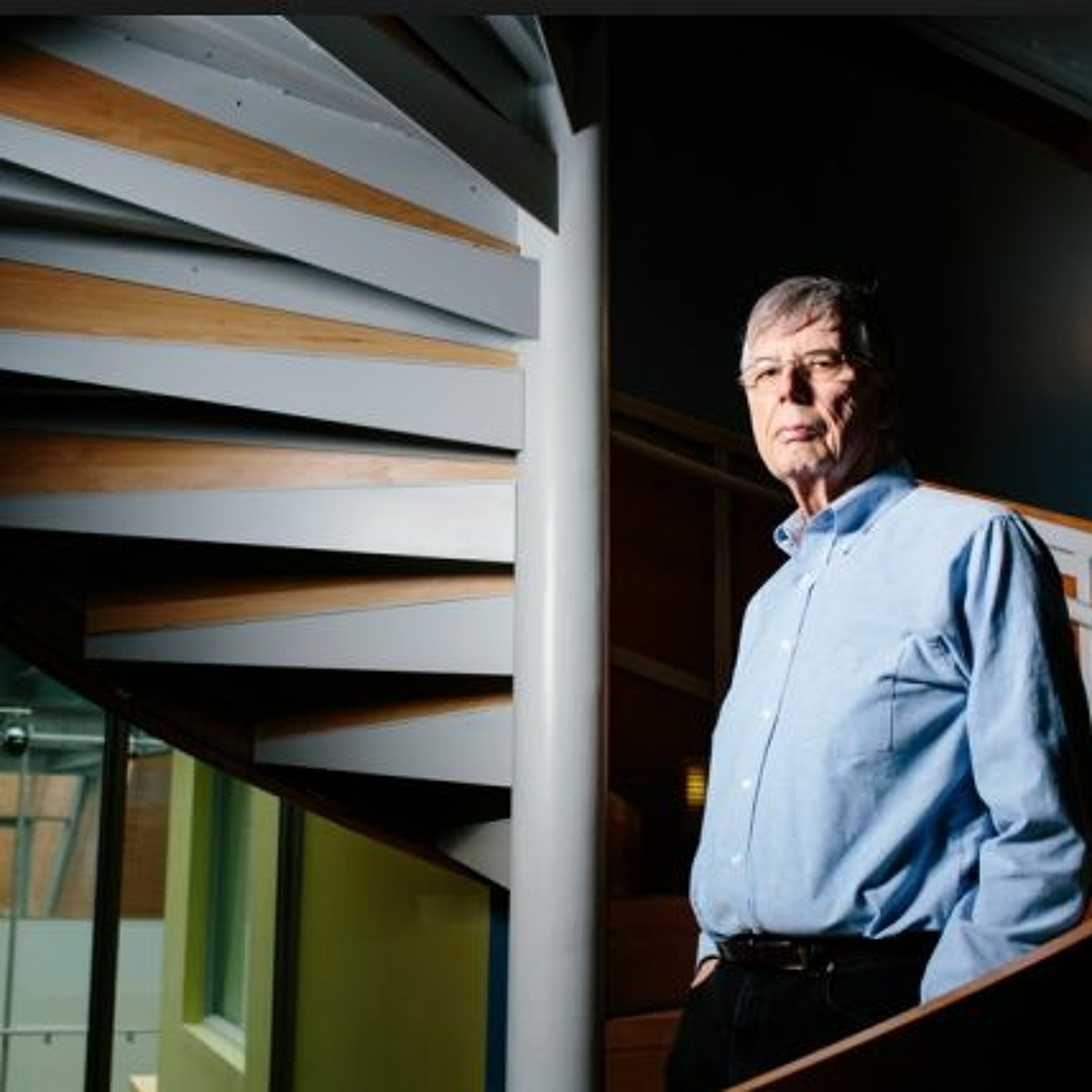
CSAIL Alliances PodcastsA Discussion with MIT CSAIL's Michael StonebrakerA researcher at MIT’s Computer Science and Artificial Intelligence Lab, Michael Stonebraker has founded and led nine different big-data spin-offs, including VoltDB, Tamr and Vertica - the latter of which was bought by Hewlett Packard for $340 million.
Now he’s bringing his insights to a new online course being offered this month through edX and MIT Professional Education. Co-taught by long-time business partner Andy Palmer, “Startup Success: How to Launch a Technology Company in 6 Steps” covers topics ranging from generating ideas and recruiting top talent to pitching VCs and negotiating deals - all in the span of three weeks.
2016-02-2407 min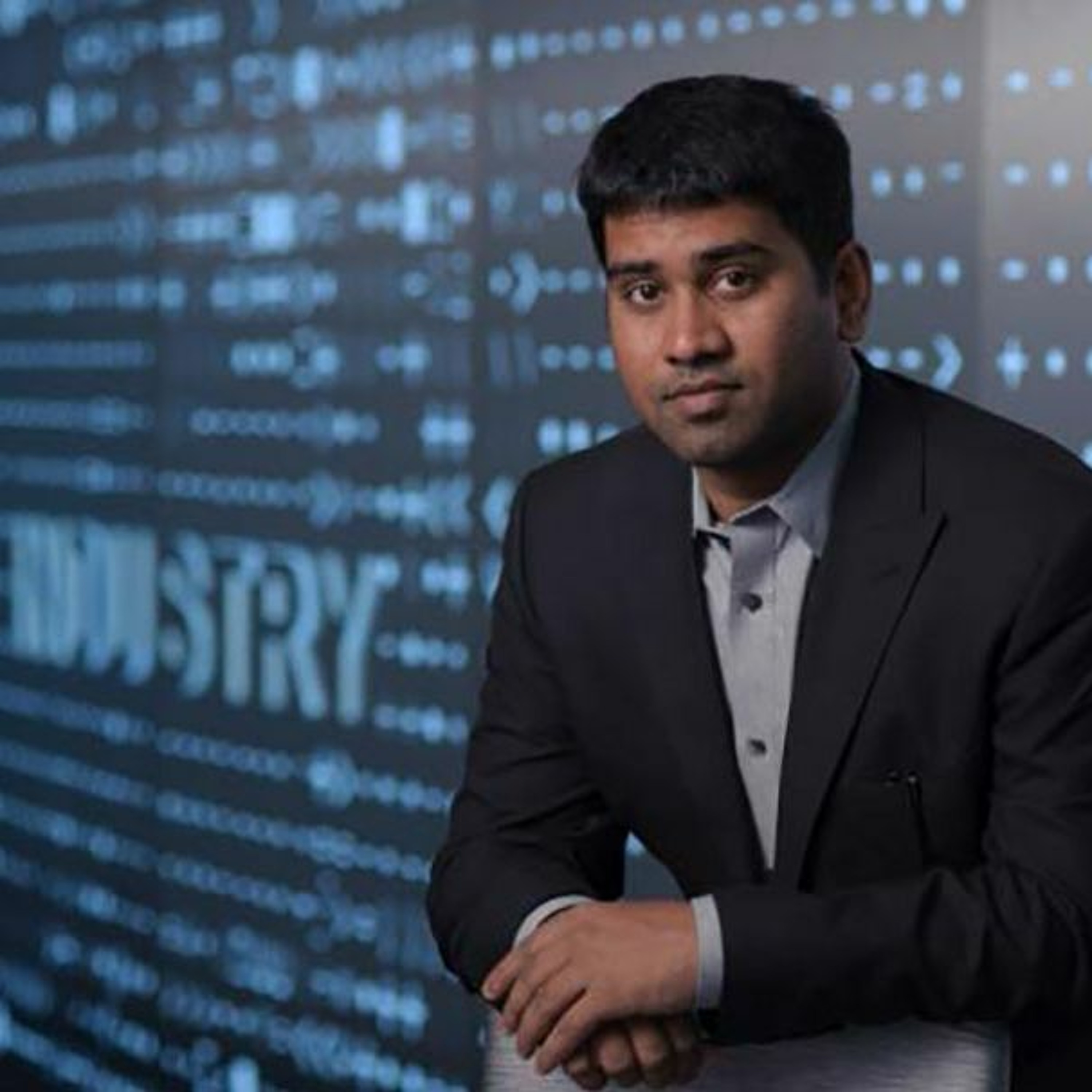
CSAIL Alliances PodcastsThe Data Science Machine: Kalyan VeeramachaneniThe Data Science Machine is an end-to-end software system that is able to automatically develop predictive models from relational data. The Machine was created by Max Kanter and Kalyan Verramachaneni at the Computer Science and Artificial Intelligence Laboratory (CSAIL) at MIT.
2016-01-2010 min